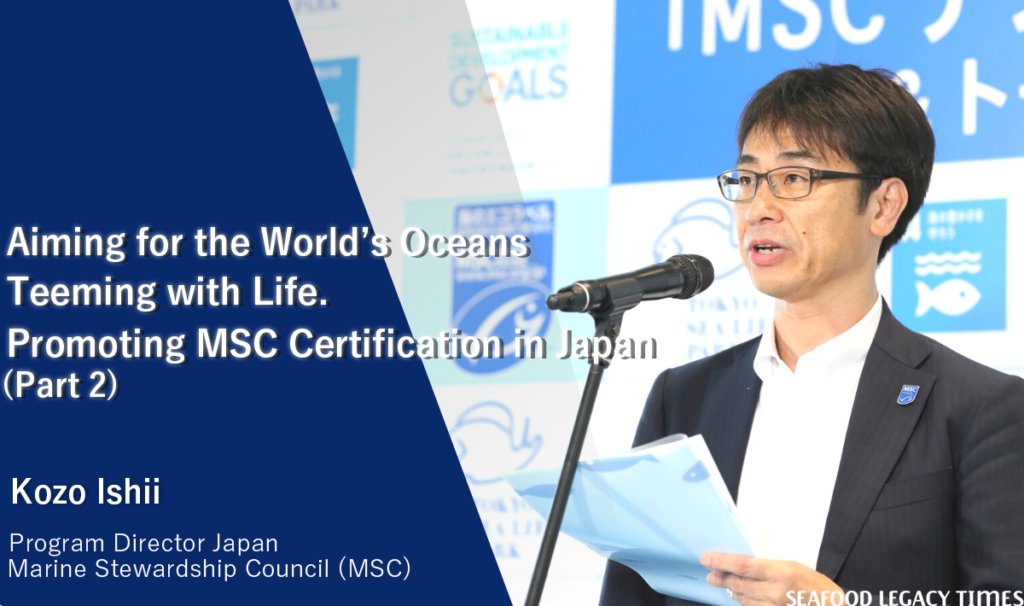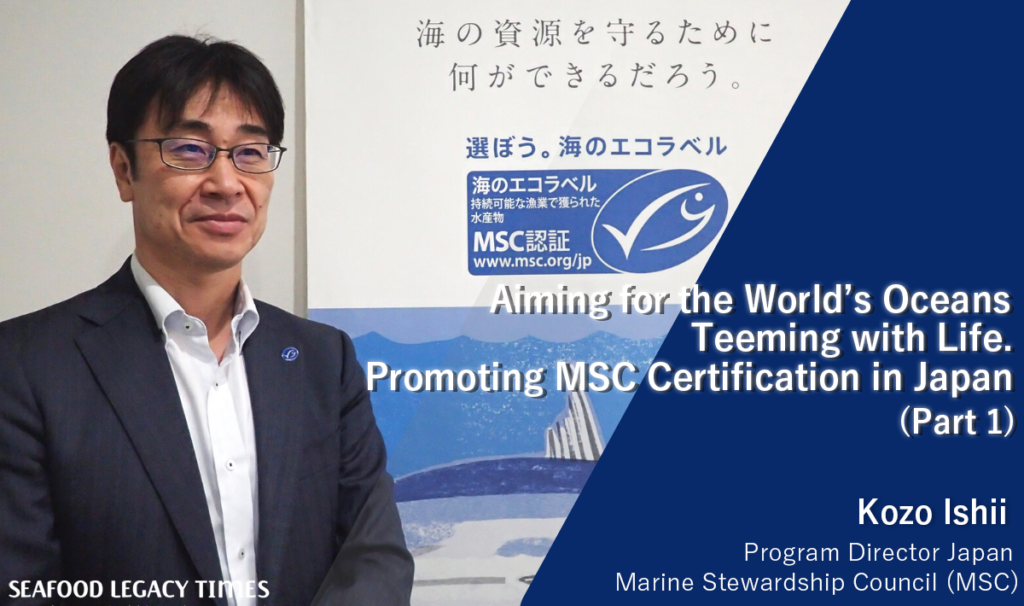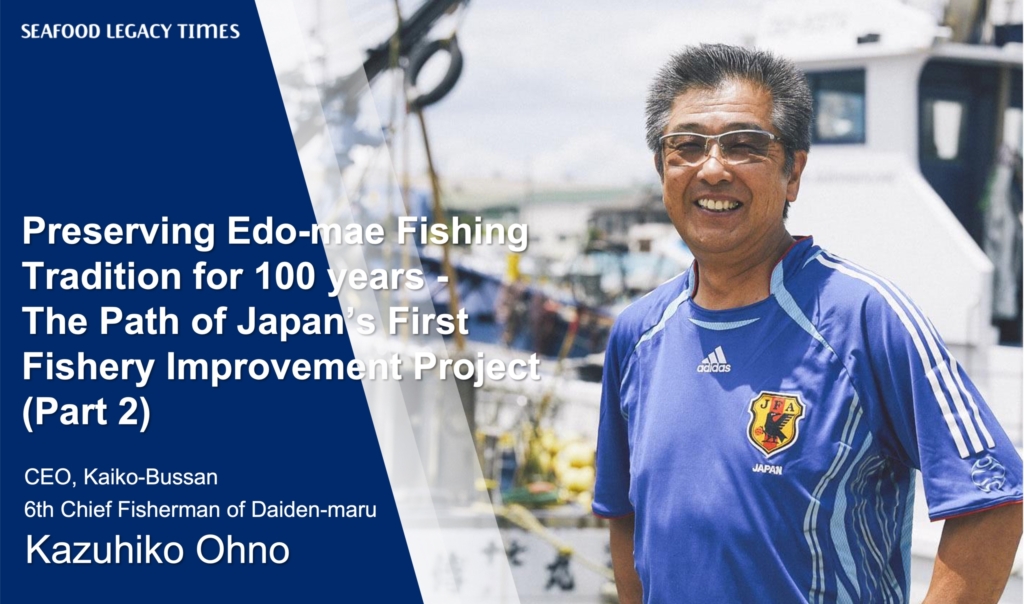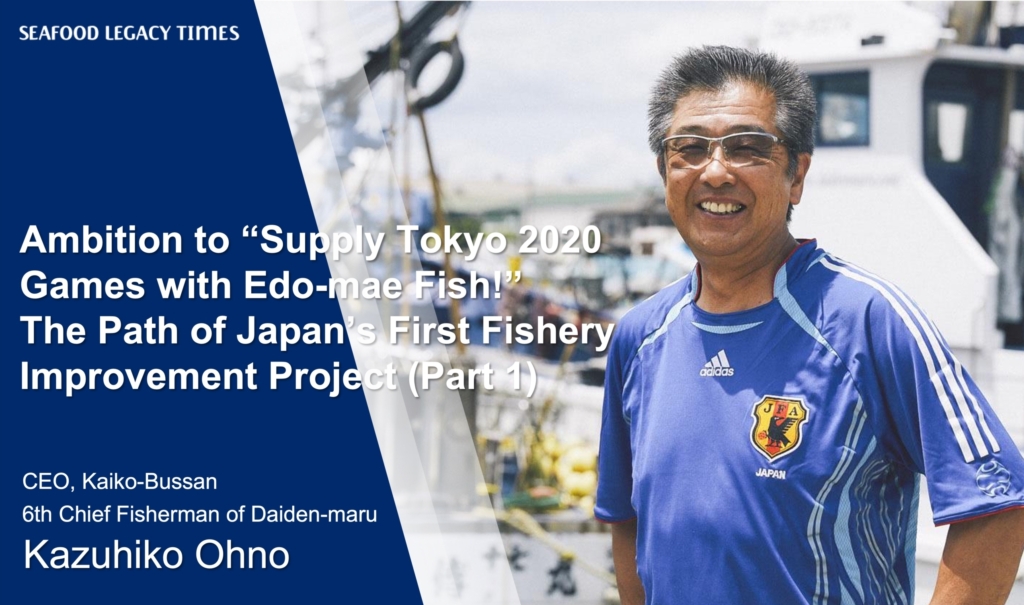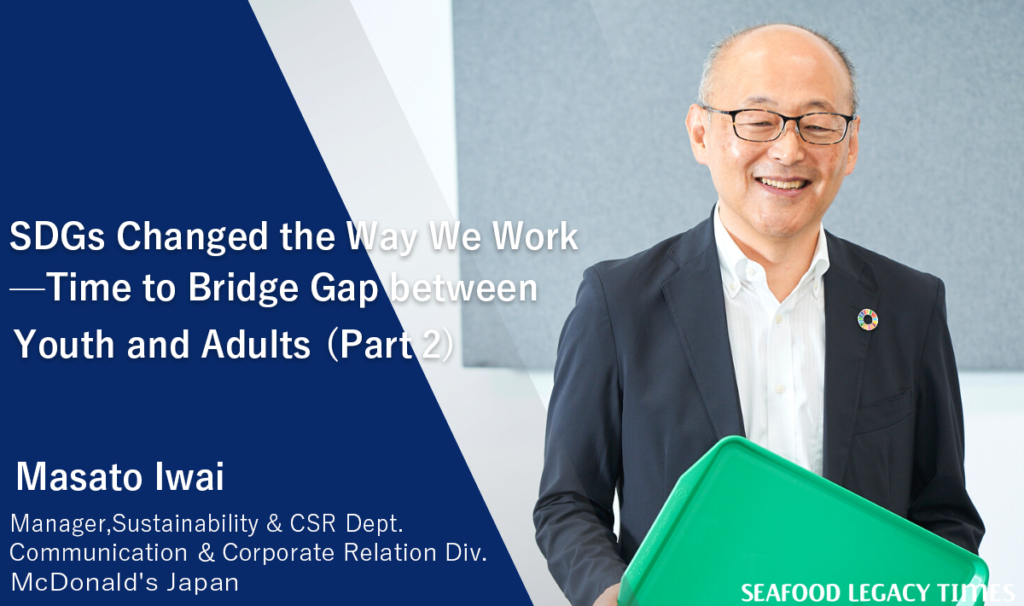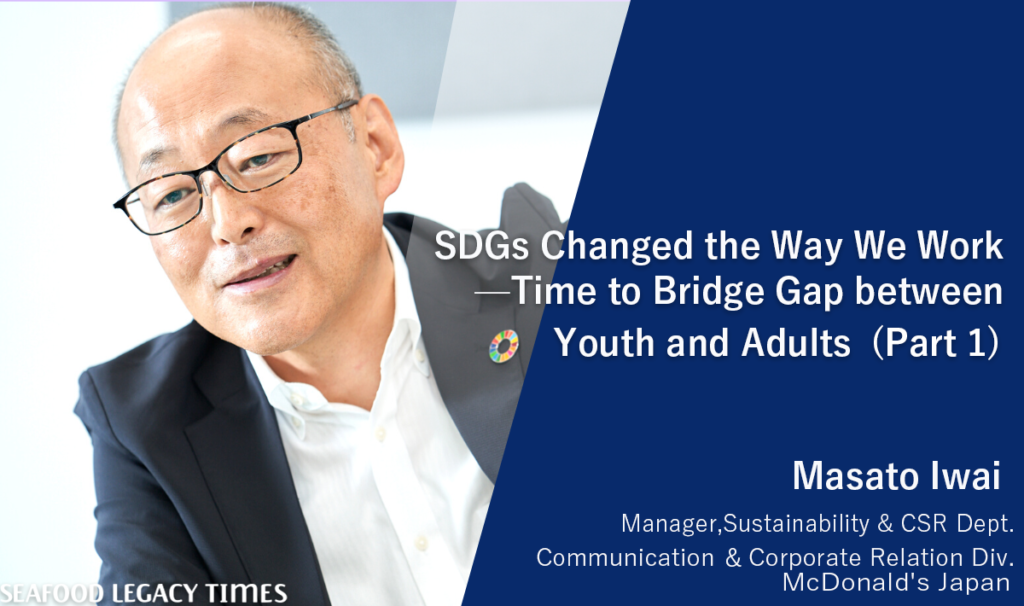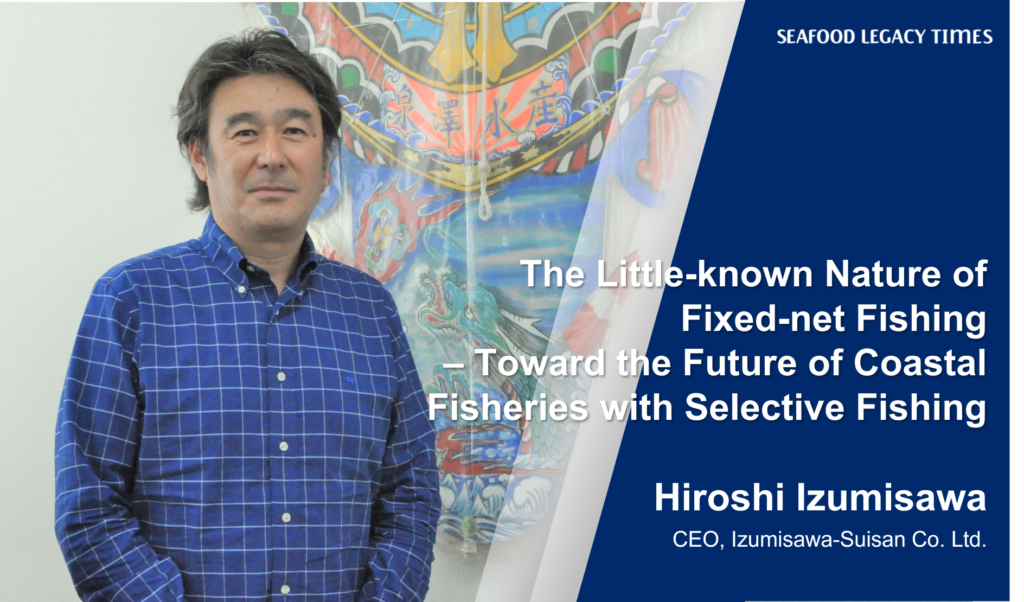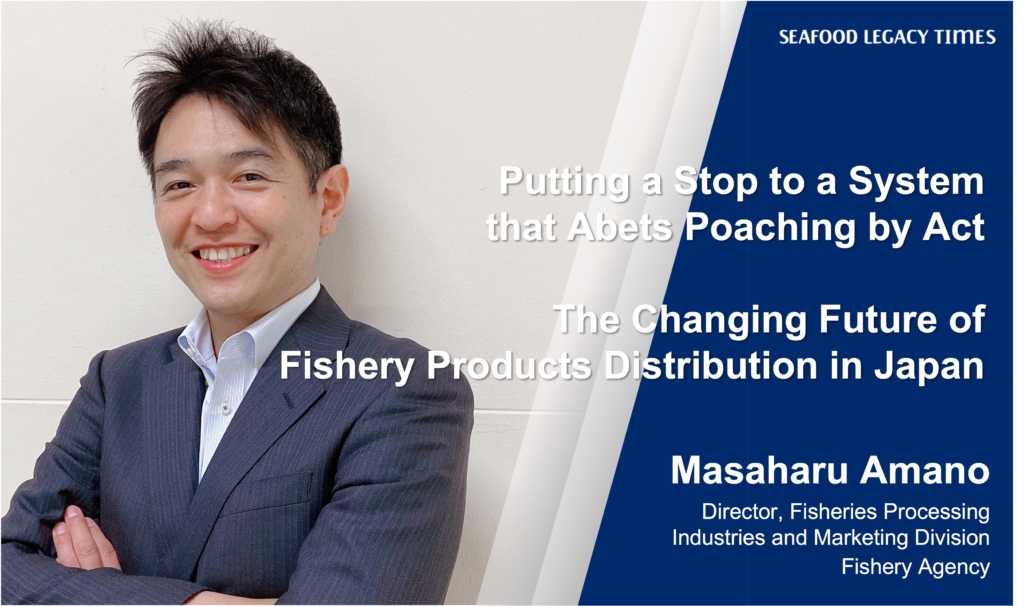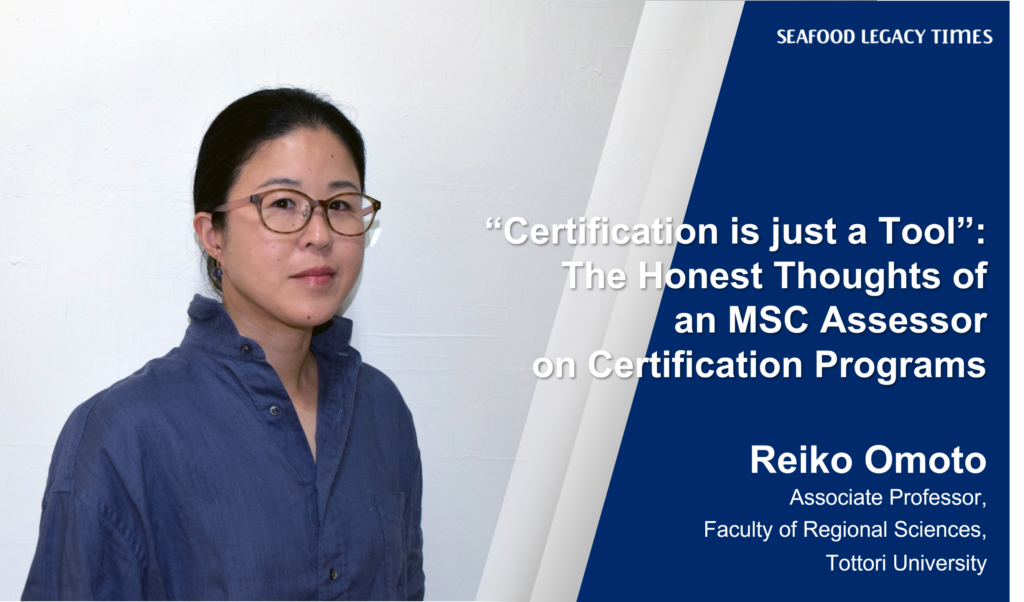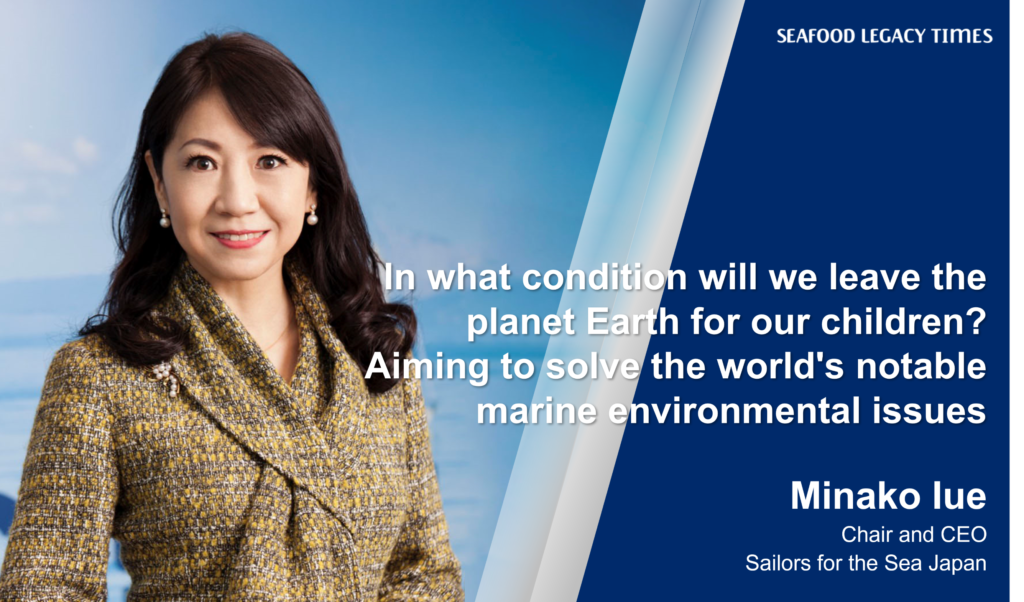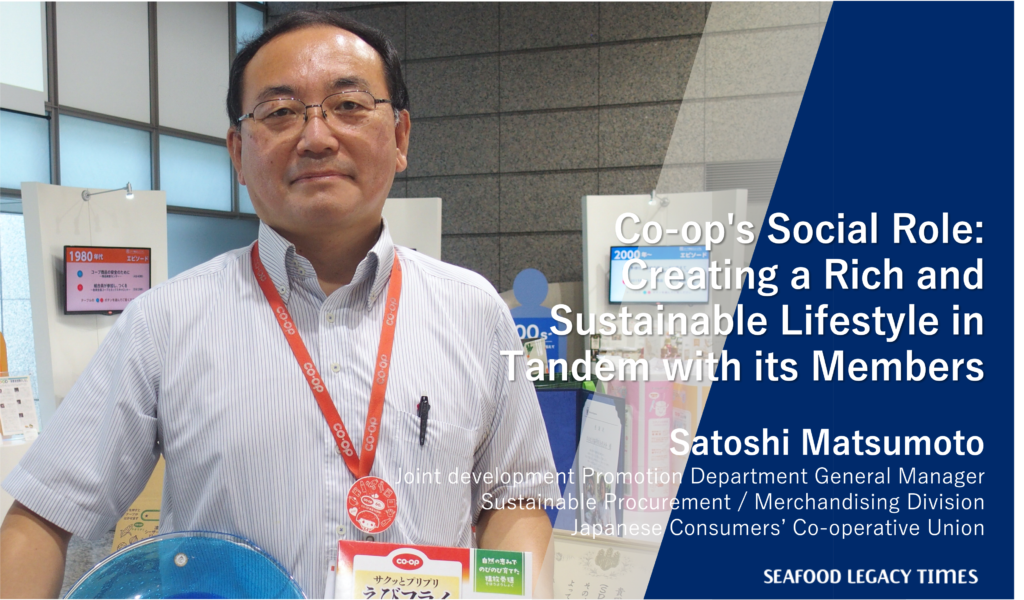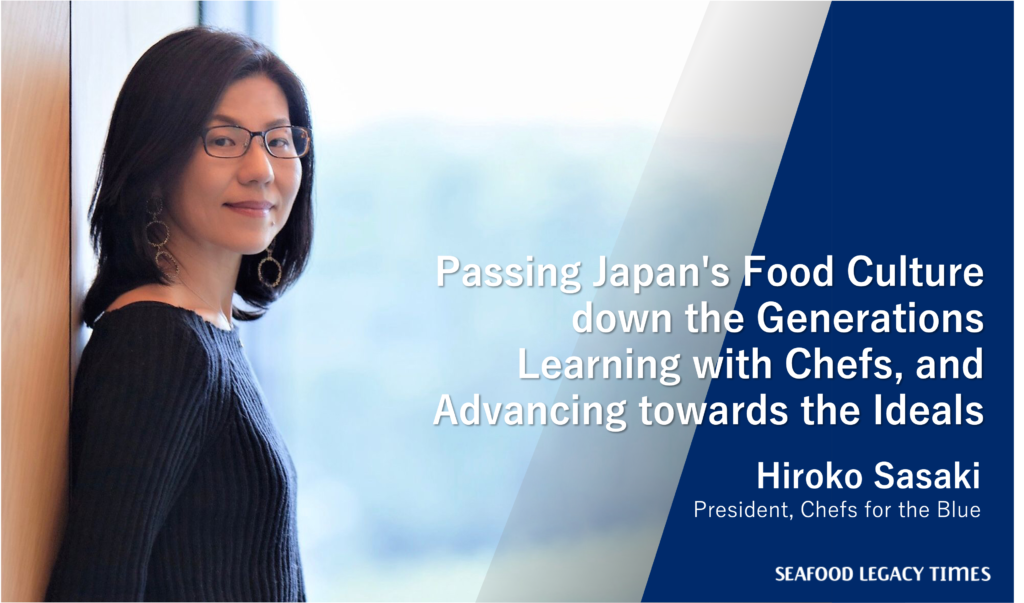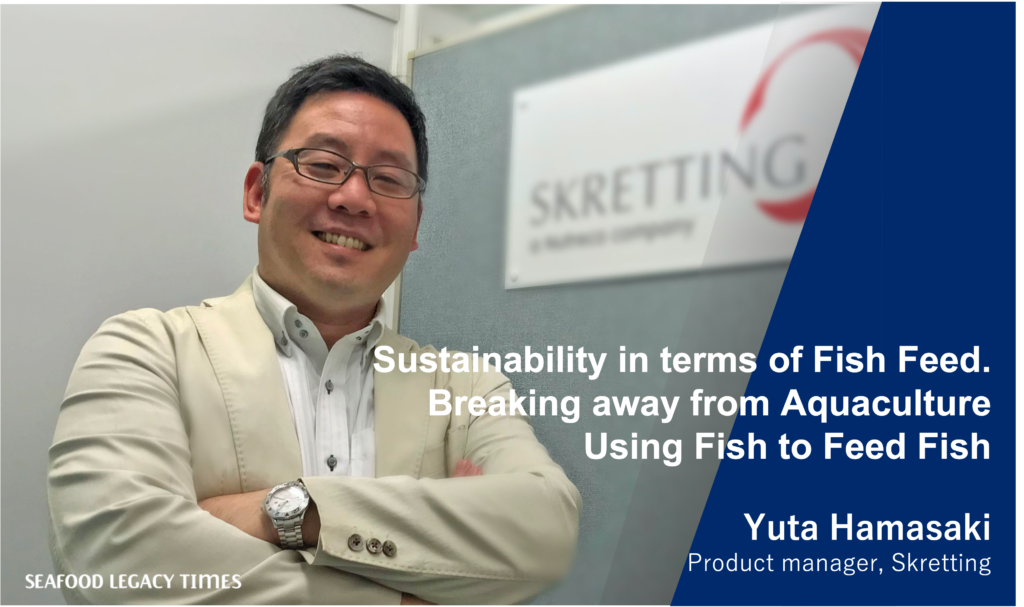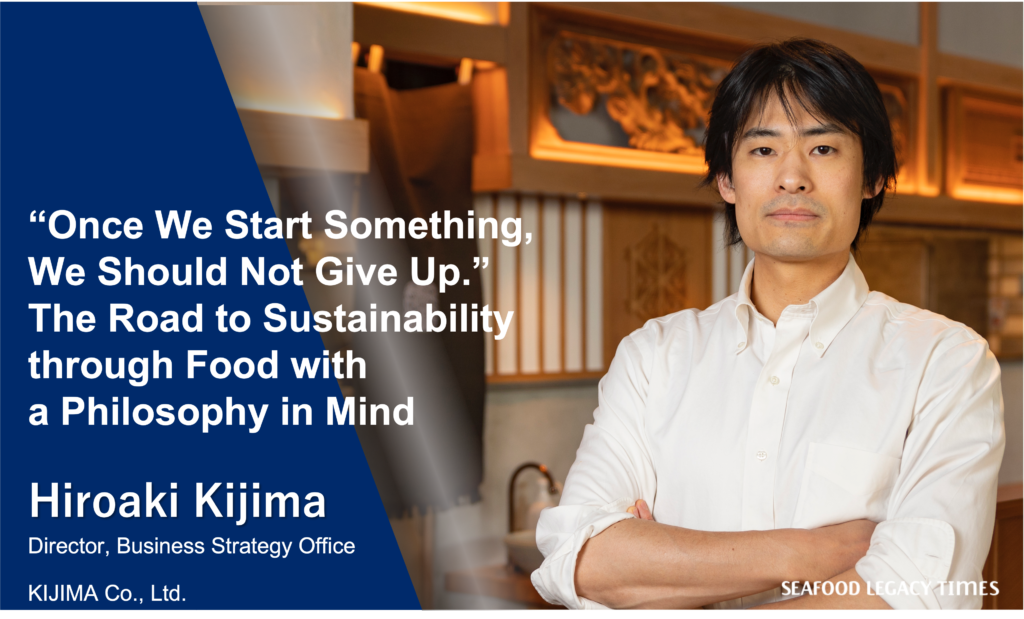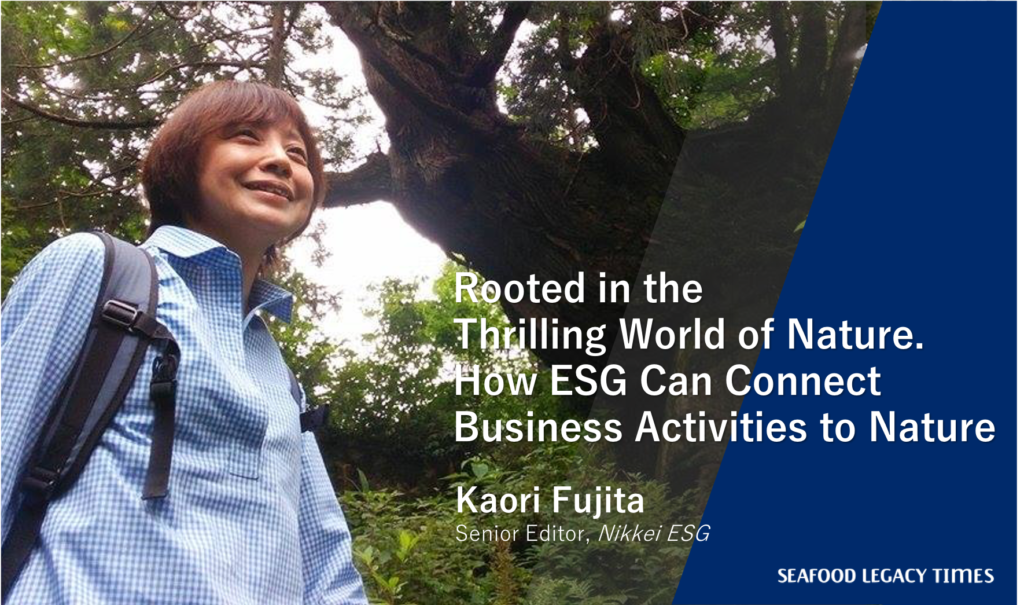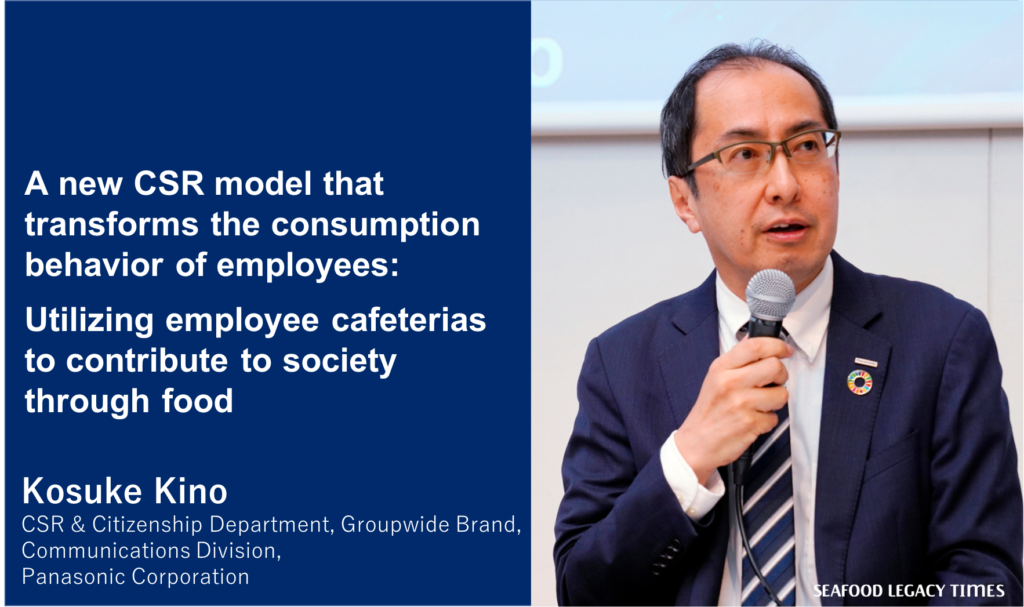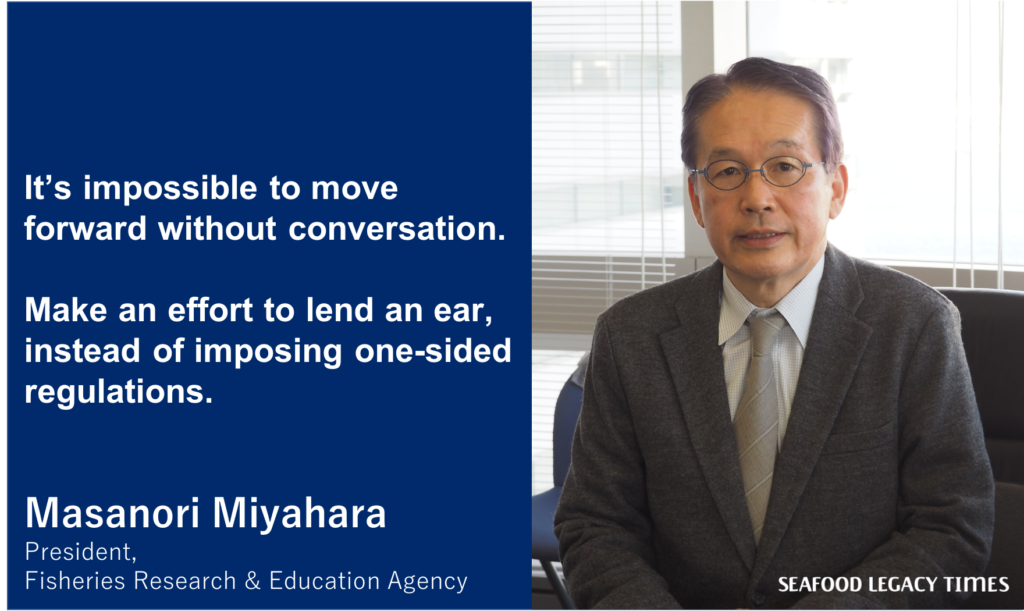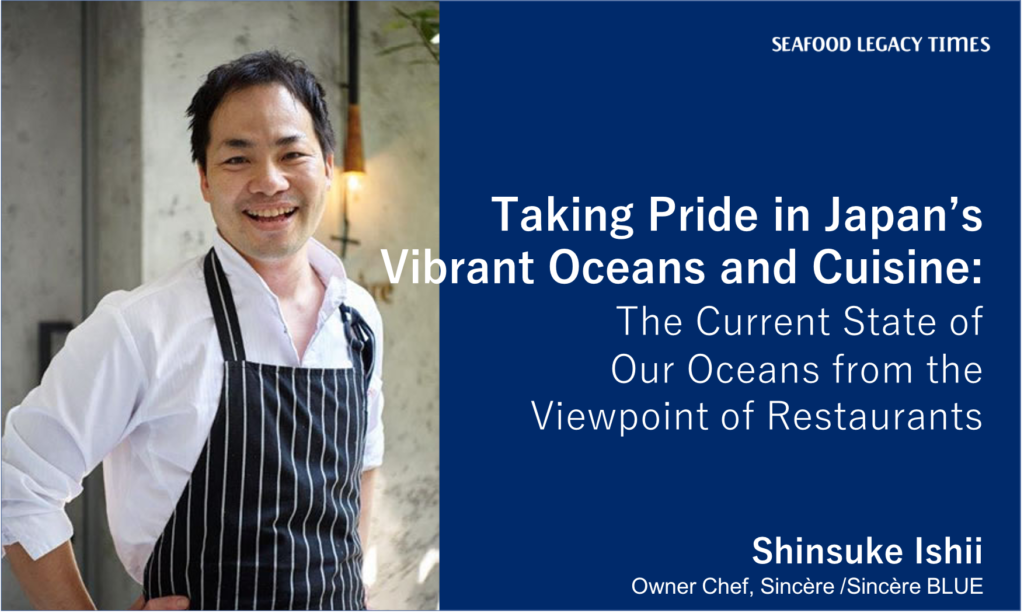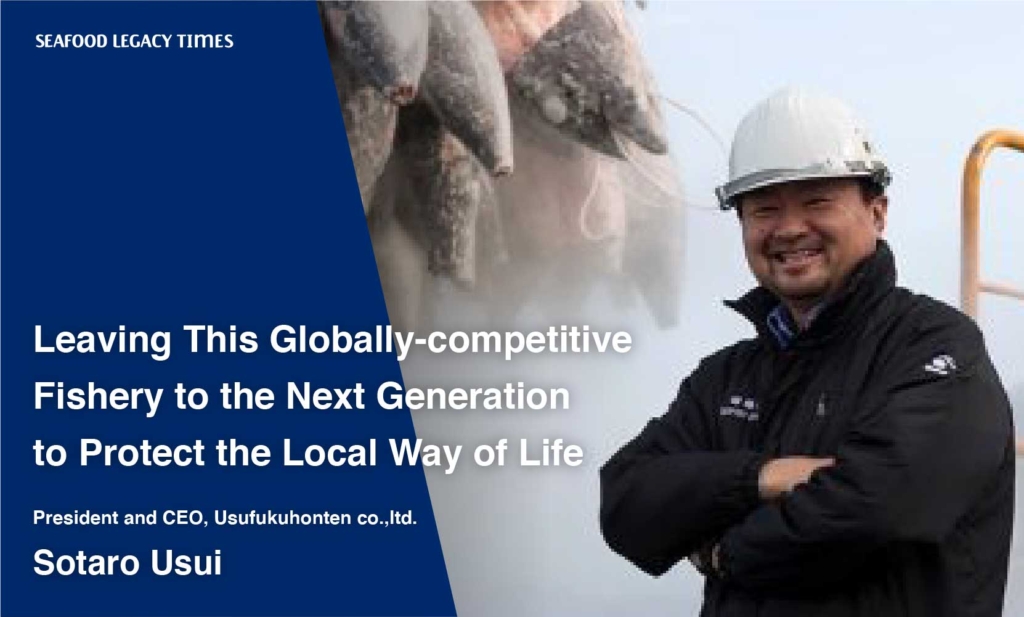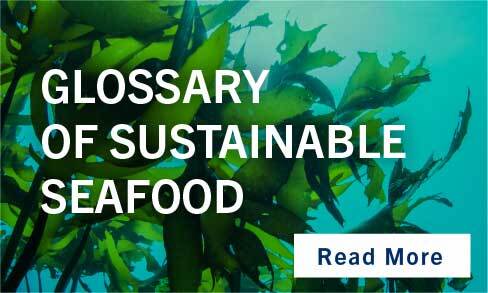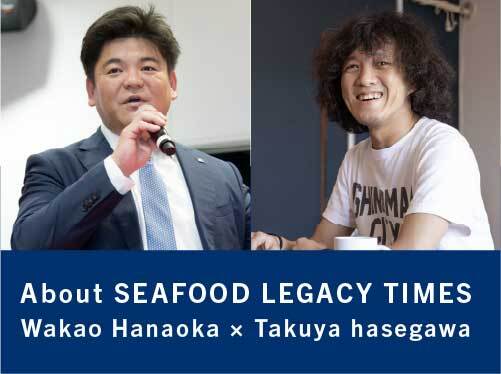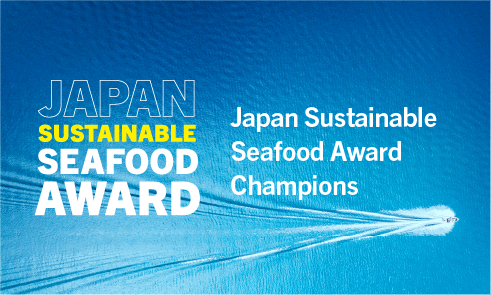
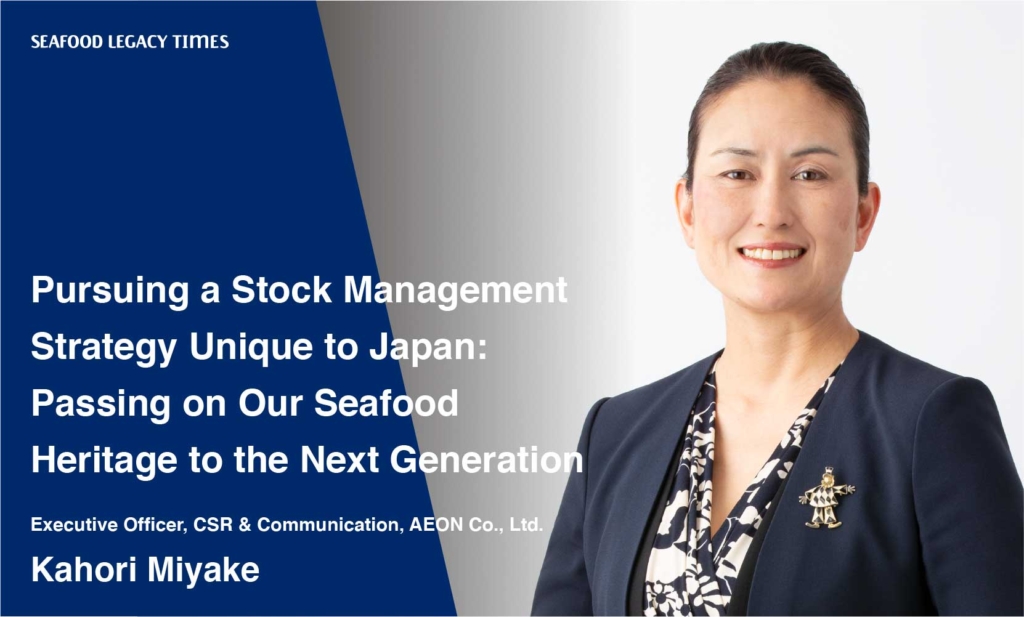
AEON, a leader in Japan’s retail industry, has been working on various initiatives to create a sustainable society. In particular, it has focused on the use of renewable energy with the aim of achieving a zero-carbon society, greater recycling of resources, and the sustainable procurement of products. The company has also been involved in tackling issues surrounding our oceans from an early stage, including carrying MSC-certified seafood since 2006.
What are some insights that AEON has gained from its activities as a frontrunner in the industry? What are some current issues and the next steps that must be taken?
We interviewed Ms. Kahori Miyake, Executive Officer, CSR & Communication of AEON Co., Ltd.
──It has been 15 years since AEON started carrying MSC-certified fish in 2006. How has the seafood market and consumer awareness of seafood evolved since then?
We first introduced MSC-certified fish into our product lineup in 2006, but because only limited fish were available for the first ten years or so, we could only embark on our initiative in a modest way. In 2017, we have published our “Aeon’s Sustainable Procurement Goals for 2020,” where we have set clear numerical targets in this regard and expanded our items.
As a continuation of the trend from previous Olympics, expectations surrounding the expansion of sustainable procurement began to rise after it was decided that Tokyo would be hosting the Olympic and Paralympic Games.
In addition to carrying certified products, we also took it one step further and began setting numerical targets for our efforts on this front.
Over the past three years, I have experienced first-hand how people around the world, including our customers, have become more interested in the ideas of “sustainability” Indeed, one major reason for this is our common goal of leaving a legacy through the Olympics. We have also continued to be involved in public education, such as by playing videos featuring MSC/ASC certification at our stores.
I also feel that whenever an iconic species of fish come under threat, people would quickly pay more attention to the issues we are facing. One example is the unagi (eel). The preparation method of unagi kabayaki (unagi grilled in sweet soy sauce) and our custom of eating unagi on the Midsummer Day of the Ox are both important elements of Japanese food culture. When the unagi was listed as an endangered species, people felt as if the alarm bells started to ring for Japanese culture as a whole. I believe this incident has also contributed to the heightened attention to issues among our customers.
「フィッシュバトン」コーナー(イオンスタイル板橋前野町)-scaled.jpg)
The problem of the depletion of fish stocks is caused by a combination of various factors such as climate change and overfishing, and it is not a problem that can be easily resolved. I feel that a more popular approach in recent years in view of the difficulty of tackling these problems is for producers to make an effort for sustainability by drawing on their knowledge, capabilities, and technologies, and for consumers to collaborate in their efforts by opting for the products of these producers.
In fact, the results can also be seen in the numbers. The sales of MSC/ASC-certified products have increased around 20% of our private-label seafood products.
──The figures indeed show that more and more consumers are getting interested in.. Can you discuss some current issues that have emerged from your initiatives so far, as well as the next steps that will be taken to address these issues?
2020 was an important year for us to reflect on the outcomes of the targets we had set out to achieve three years ago, as well as our initiatives moving forward.
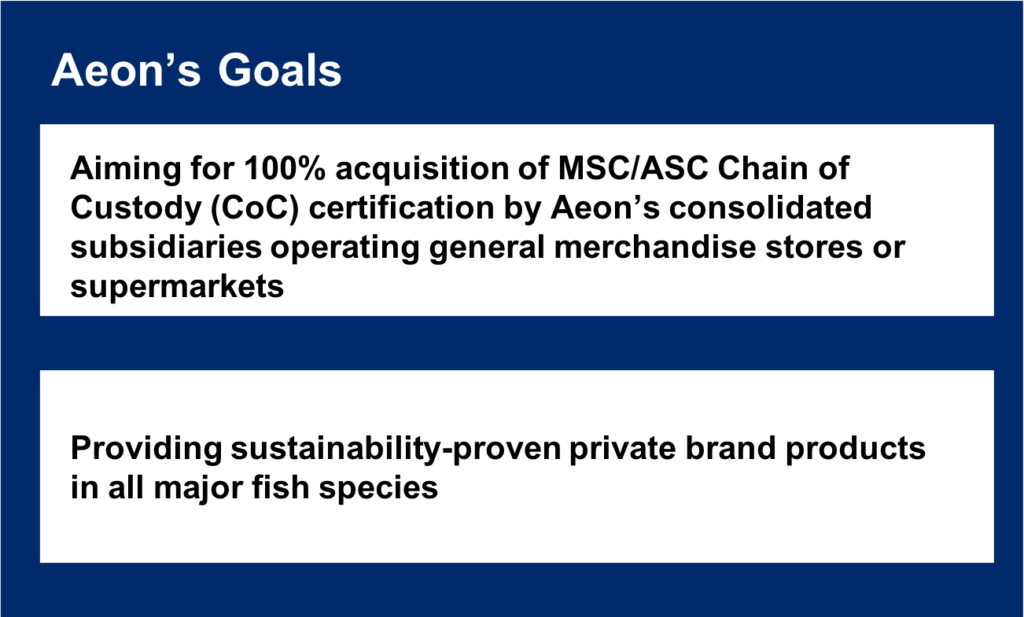
We expect to achieve our goal of obtaining CoC certification by the end of FY2020. However, we have found it challenging to exclusively carry MSC/ASC-certified products for our entire private-label seafood items. Presently, we offer 43 MSC-certified products across 25 different categories of private-label products (as of Dec. 2020), but we are still some distance away from achieving our ultimate goal of offering certified products for our entire seafood items.
The reason for this is because the number of species of fish covered by MSC/ASC certification is still inadequate considering the diversity of Japan’s fisheries and seafood culture. In other words, there are important issues to address that are beyond the scope of what we can do as retailers.
Compared to other countries, Japan has a culture of consuming many fish species. Different fish species are consumed in each region, which is one of the prominent features of Japan’s vibrant food culture. Because of this, there are also many fish species that MSC certification cannot cover.
After learning about this, we explained the current situation of Japan to the relevant authorities and requested an expansion of the list of species that qualify for MSC certification. However, it turned out that adapting international standards to Japan’s unique fisheries was a challenge and would require a lengthy process.
We were disappointed that the certification system was founded on a set of international rules that were developed in a manner that ignores our cultural differences with Western countries, where the fish species consumed by people are more limited.
However, just because certain products cannot be MSC certified does not mean we do not carry fish that has been caught off the coast of Japan. The main goal of our efforts is not simply to carry certified fish per se but to ultimately achieve sustainable procurement and preserve Japan’s seafood culture, eating a wide variety of fish, for future generations.
Therefore, there is no need for us to focus exclusively on MSC certification. Rather, we should consider how we can convey to our customers the fact that the products we offer have been sourced from sustainable fisheries.
To gain the trust of our customers, we need a way to reassure them that the fish has been caught in an appropriate manner and that the product is considered sustainable in this regard. In other words, we must rethink the very definition of “certified fish.” The certifications that exist in the world today are not enough to cover even half of the fish species consumed in Japan.
MSC/ASC certification is only one of many possible tools. We are looking for ways to assess aspects that have been neglected by the current system. This is a theme that we will examine further in the second phase of our initiative after 2020.
──It seems likely that the more you develop your proprietary standards for assessing sustainability, the higher the retail prices of products will become. As a retailer, you also hope to offer products to consumers at affordable prices. What are your thoughts on the relationship between sustainability and product prices?
Of course, the further we go with setting up a system of certification and traceability, the more costly it will be. On the other hand, there are still many things we can do in Japan’s distribution sector today to reduce waste and enhance efficiency. Therefore, even if our cost of procurement increases, I think it should be possible for us to minimize the burden placed on consumers by cutting costs elsewhere. In fact, making an effort to achieve this is something all companies should do.
There may be occasions when the price still rises despite our best efforts, but I believe that our customers can accept that as long as we have done everything we possibly can. If we make an effort as distributors and retailers, and the fishermen do their part as fishermen, the consumers will be able to accept the outcome. It is imperative for us to harness our collective wisdom and move together in the same direction, instead of having a single party bear the full burden.
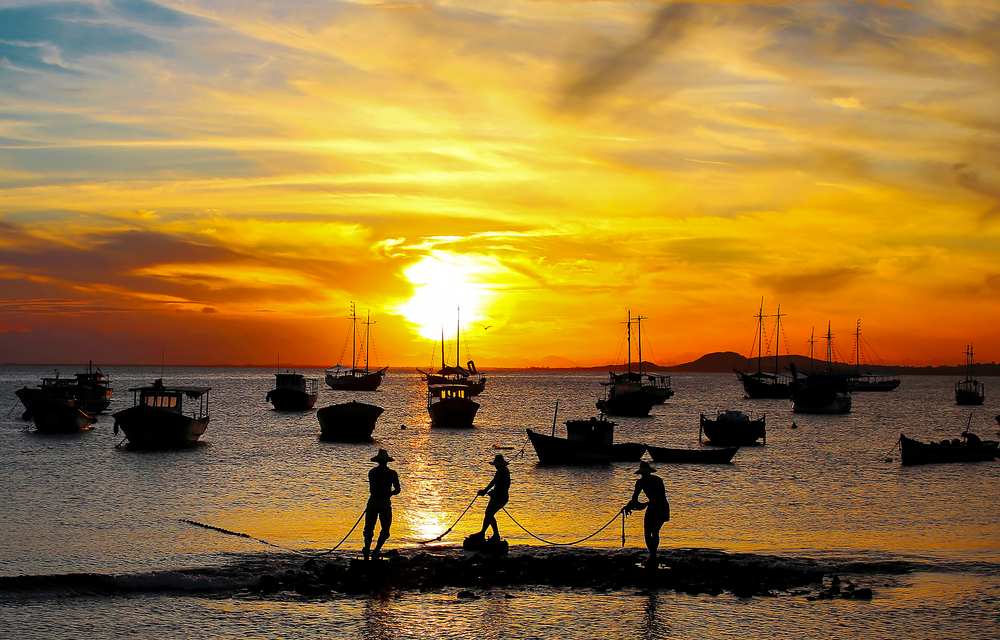
──You are attempting to develop a proprietary system tailored for Japan, instead of conforming to overseas standards. Are there any important matters or problems associated with this effort?
This is not a problem that can be solved by retailers like us alone. The key moving forward is to engage NPOs, NGOs, and occasionally governments, and get them to collaborate on this with us. We have yet to take this step, and that remains our challenge.
I believe that it is also important for us to share the necessary information with consumers. When I participate in international conferences such as the UNFCCC-COP (United Nations Climate Change Conference), I find that Japanese consumers know less than consumers in other countries. Many of them don’t care about social issues and know very little about how the products they own are produced. This is the case not only for seafood, but also in relation to climate change and other social issues.
However, I believe that companies are also at fault for this. They have the information but do not share it with their customers, and thus, their customers have few opportunities to learn about it. For instance, companies should present the relevant data to consumers and communicate the facts by telling them that our resources are really declining. Likewise, companies should have drawn their attention to the reality that a sustainable future would not be possible if the status quo persists.
We do this with good intentions as they want to protect their customers, but in hindsight, companies should really have communicated more with them.
At the same time, I feel that more people in the younger generation are interested in what is going on in society. Greta Thunberg is just one example of this, but the younger generation known as Generation Z is starting to form their own opinions and articulate them. They are mostly well educated and have the proper knowledge about environmental issues.

In particular, many people are now interested in the environment and food-related issues, and I have recently heard that more people are going vegetarian for environmental reasons. Besides vegetarianism, there is also a greater diversity of diets now that one can embrace, including a “flexitarian” diet that is occasionally vegetarian but not every day, as well as a pescatarian diet that avoids meat but includes fish and vegetables.
In fact, my daughter who is in her 20s told me the other day that she has become a pescatarian. When I asked her why, she told me she converted for the sake of the environment. She explained that she became a pescatarian who avoids meat because she wanted to consume fish while keeping to a diet that harms the environment less. I believe such a shift in mindset is almost unimaginable from the perspective of our generation.
We must consider the fact that choosing to lead a sustainable way of life will become mainstream in the future and do our best to leave a proper path for future generations to achieve that.
Companies should start to send a strong message to the next generation in this regard.
The reason why we need to protect sustainable seafood and our fisheries is so that we can pass them on to the next generation. We are now exploring what we can do to achieve this goal.
──You spoke of the need to connect with the next generation, but could you tell us more about the way of life and future you personally hope to leave to the next generation in 10 to 20 years’ time?
We, AEON is ultimately a company that aims to support the everyday needs and day-to-day life of people. I believe that happiness can be found in our day-to-day life, and food is a crucial and indispensable core of that happiness. Actually, we are very fortunate to be in a situation where we do not need to worry about food, which is essential for our survival. To put it differently, we are fortunate to have food security.
I hope we can still be in this fortunate position in 10 years’ time.
“Food security” comes in many different forms. For instance, the food itself must be safe for consumption, such as being free from residual pesticides and harmful chemicals. Food security also means that there has to be sufficient food for everyone without food supplies running out. In other words, it refers to a world in which there should be no conflict over a particular kind of food, and where there is enough food for everyone else even if you were to consume your share.
This might seem like something that is never in doubt, but we would like to be a company that can continue to provide such food security. I also hope that the world will continue to enjoy food security in the future.
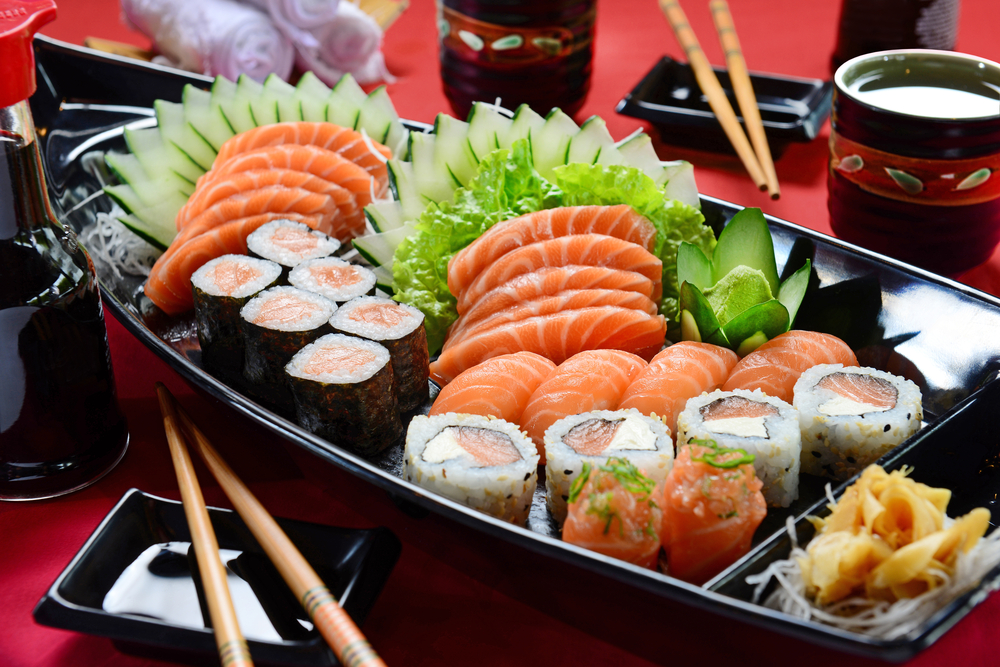
Unfortunately, if the current situation persists around the world, the future may not be so bright in 20 years’ time. If we simply look at the food shortage issue, I wonder if there would even be enough food to safely feed everyone in Africa, let alone Japan.
Moreover, if we fail to address the climate crisis, we may have to fight wars in 20 years’ time to secure food for our population. This is not a mere hypothetical but the reality of a situation that may arise in the future.
For these reasons, I do not have high hopes. I would be delighted if my current way of life can continue for the next 30 years. Our children’s generation like my daughter will have their own families and can raise the next generation of children with peace of mind. Our grandchildren will also get to enjoy unagi and tuna, like we do. This may just be my small wish, but it is alarming that such a future is one that we can no longer take for granted.
I hope that we can continue our current way of life 30 or 40 years from now and even when I am 90 years old. I want to be able to tell myself, “This was possible only because we had worked so hard back then.” To achieve this goal, we will continue to do everything we can and create a better future for the next generation.
Kahori Miyake
After spending her childhood and college years in the U.S., Miyake joined JUSCO Co., Ltd. (currently AEON Co., Ltd.) in 1991, where she was assigned to the International Business Division. In 2002, she was assigned to the Finance department of AEON Co., Ltd.. She became Leader of Group Vision Planning Project 2020 of the Company and a General Manager of Branding Department in 2007. In 2008 she was appointed Representative Director of Claire’s Nippon Co., Ltd., a subsidiary of AEON. In 2013, she became General Manager of the Group Customer Service department at AEON Retail Co., Ltd. She was then appointed as Executive officer, General Manager of Public Relations Department and oversees environment, CSR, PR and IR. From 2017, she is working in the present post.




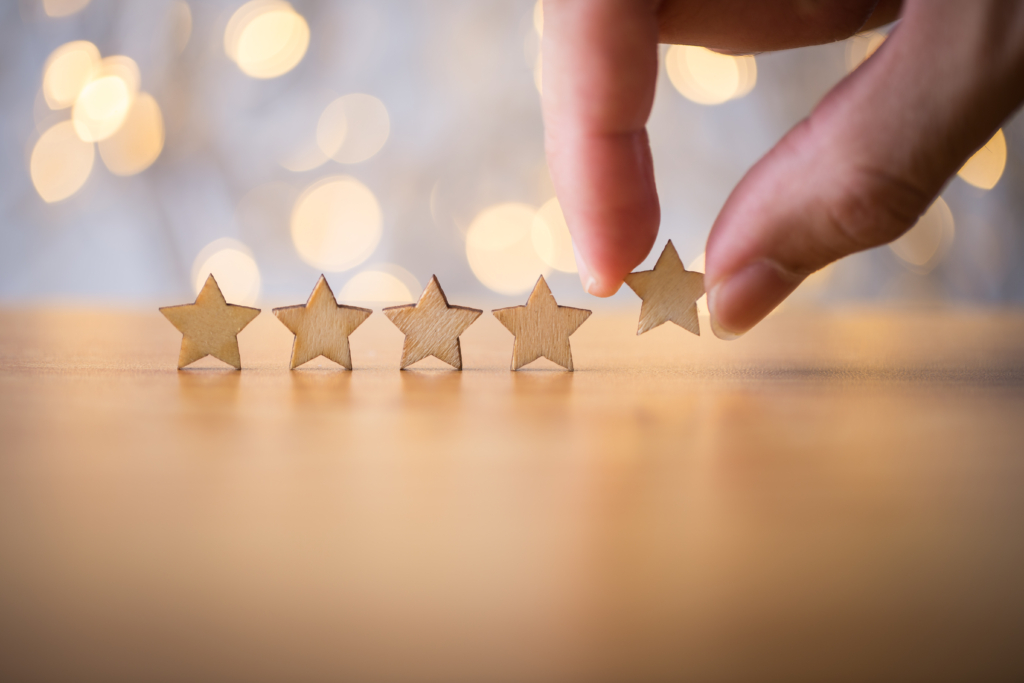




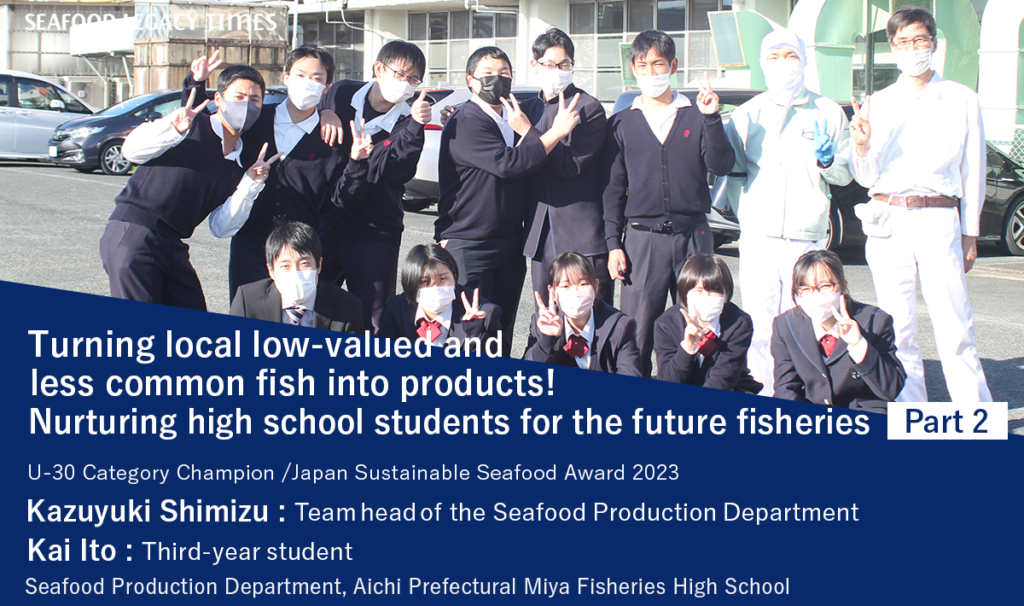
-1024x606.png)


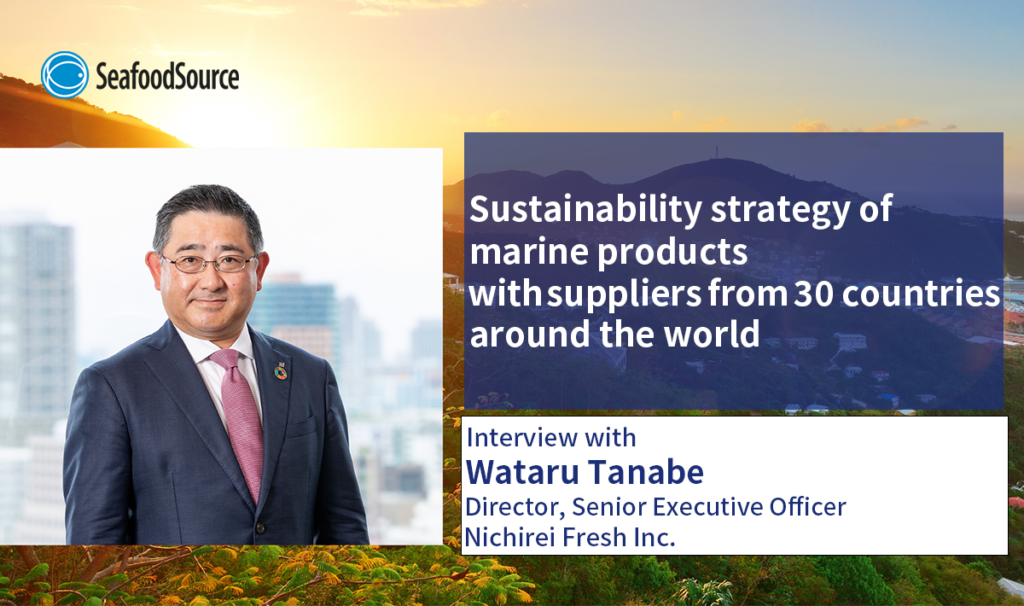
_-1024x606.png)

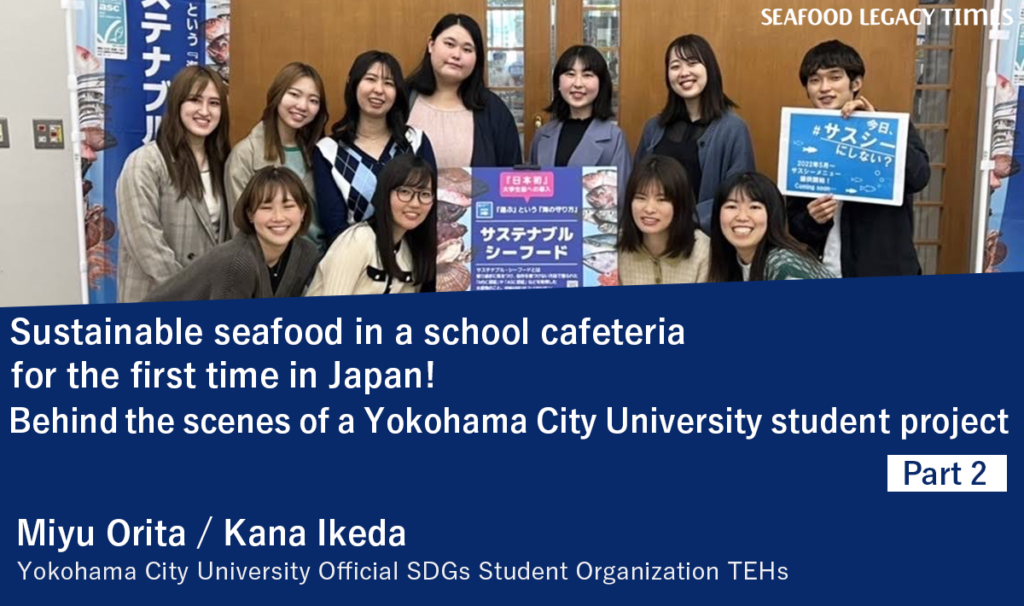
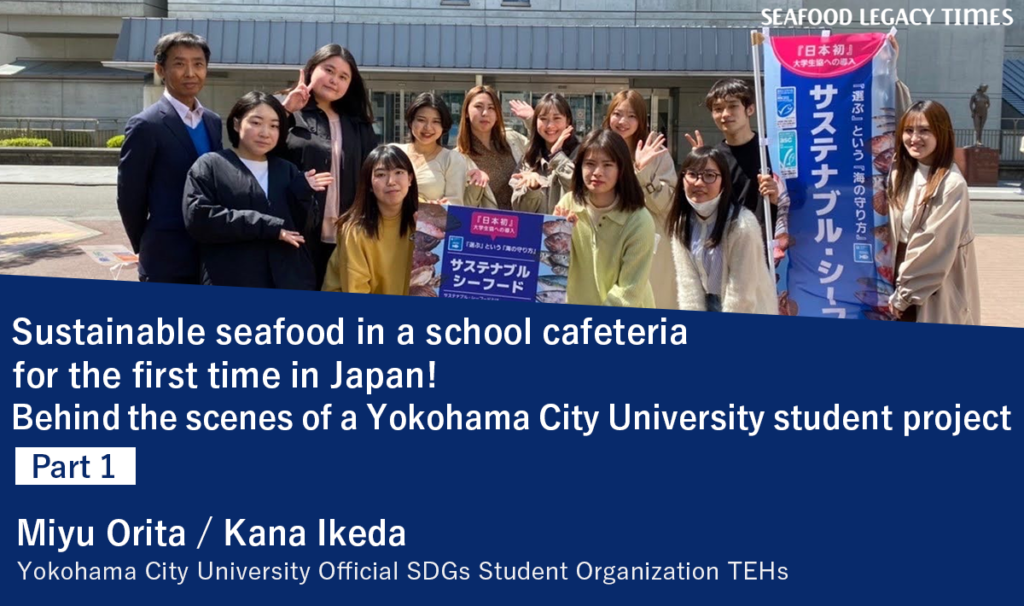
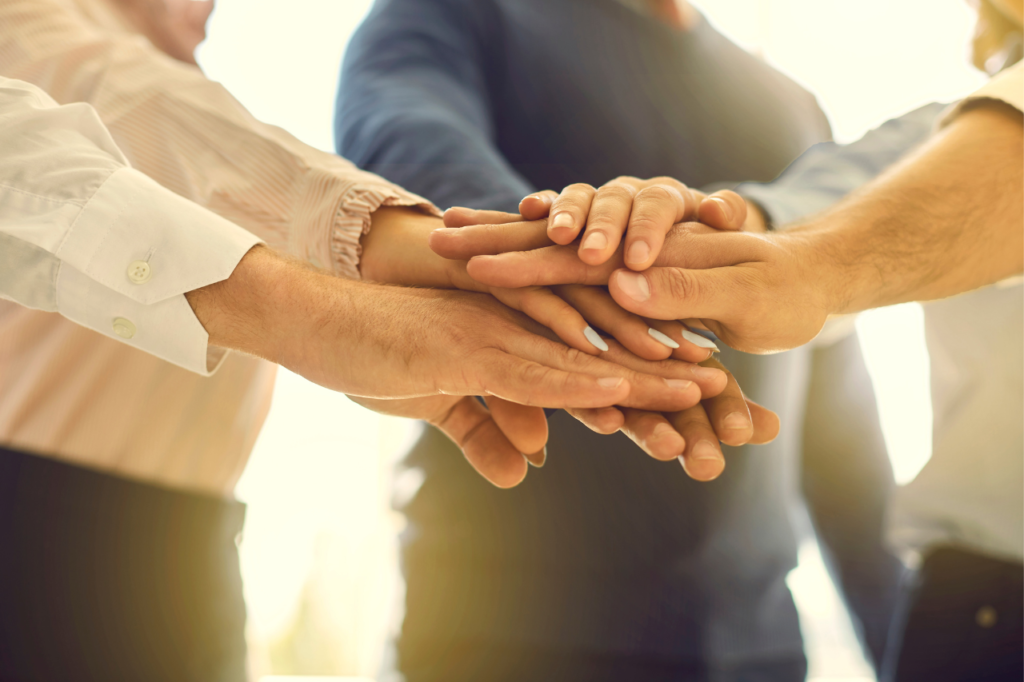


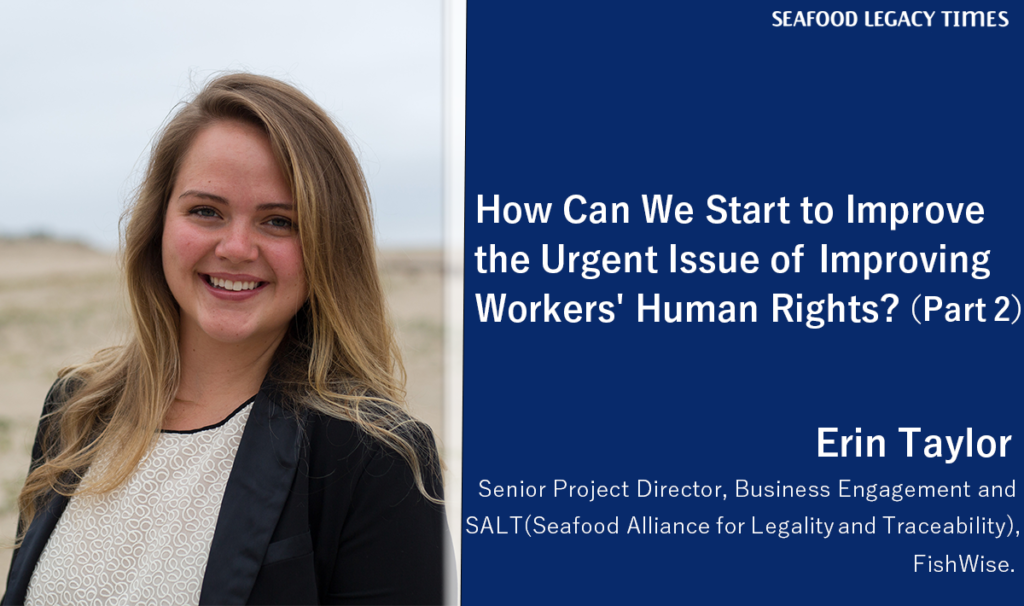
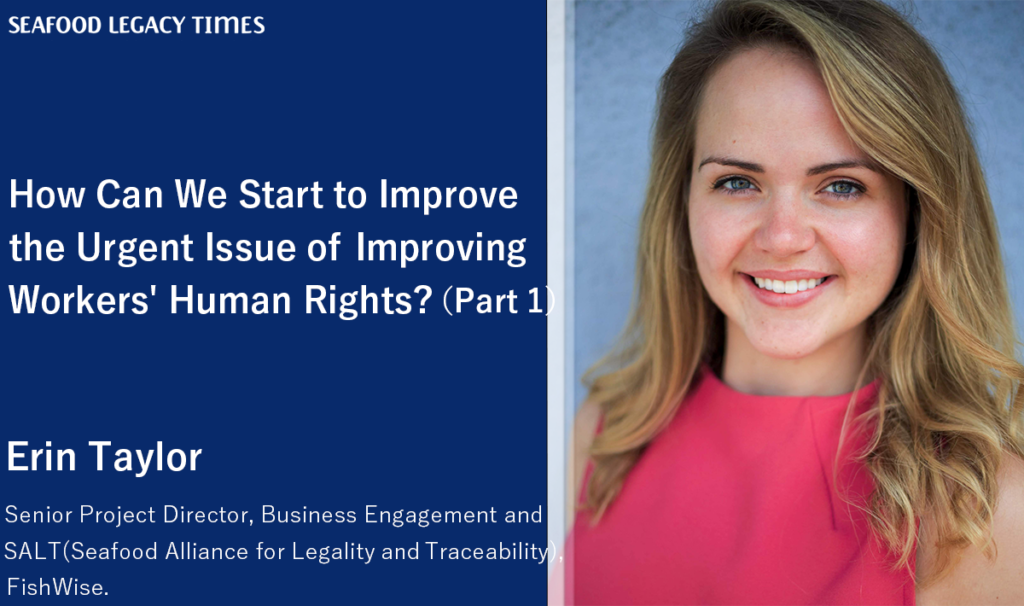
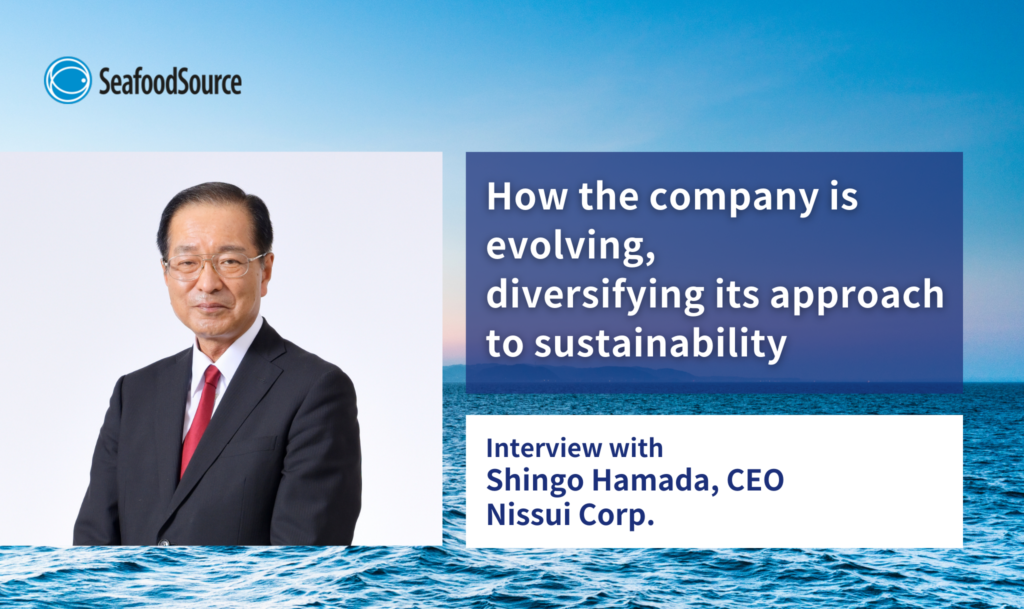




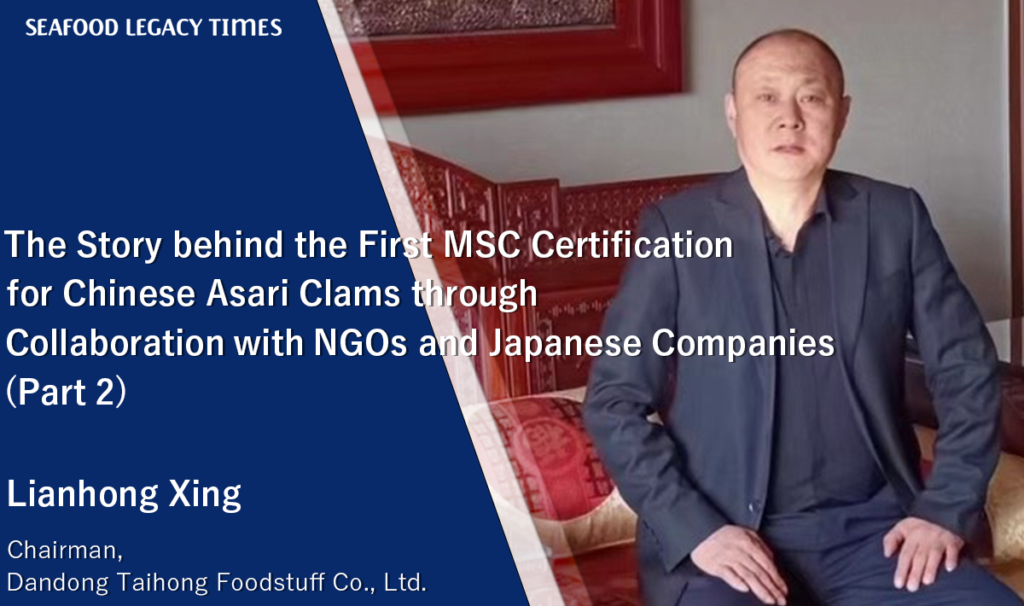
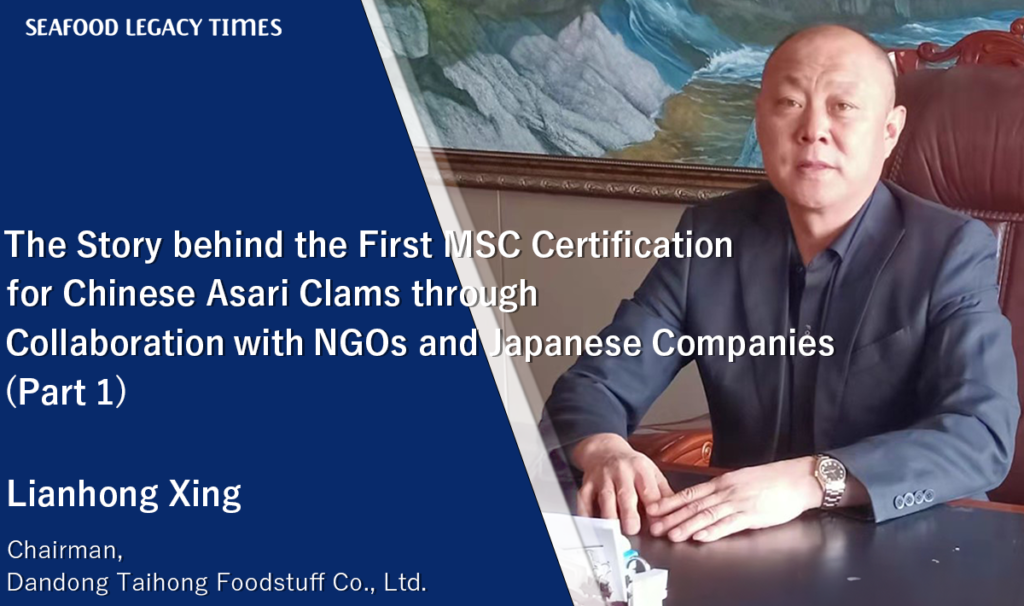

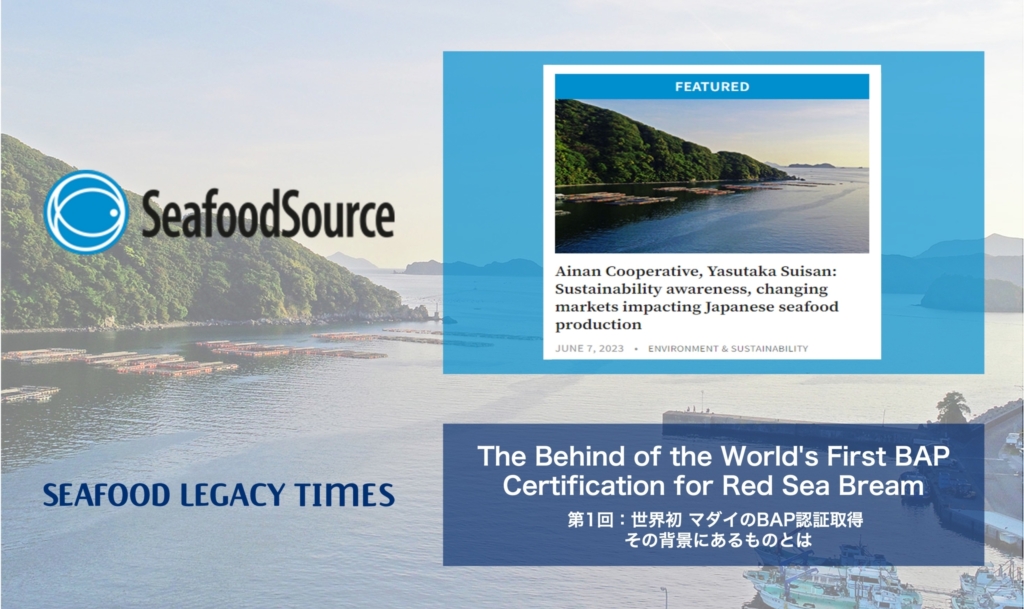

1_修正524-1024x606.png)


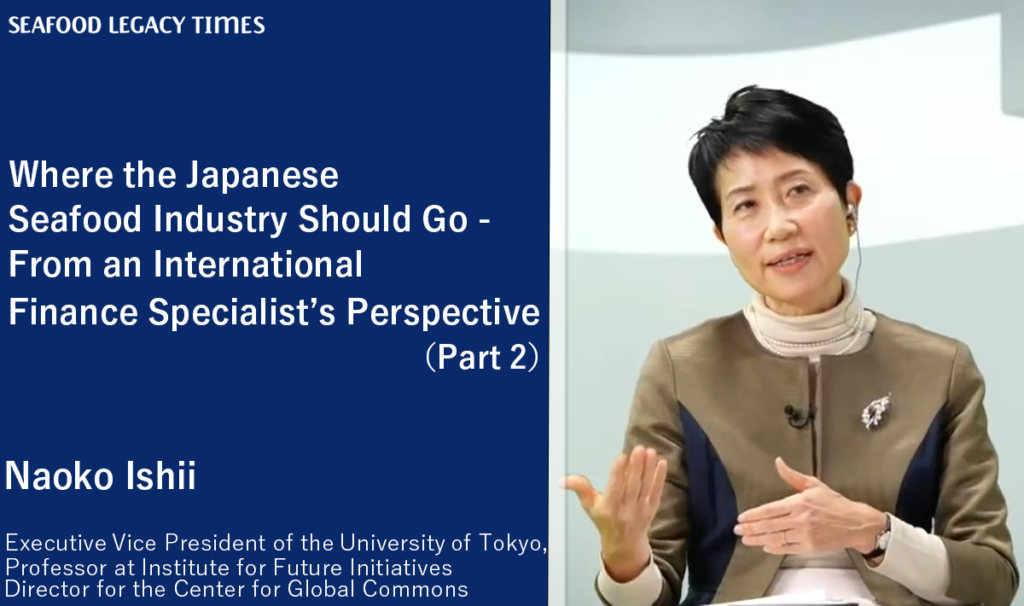







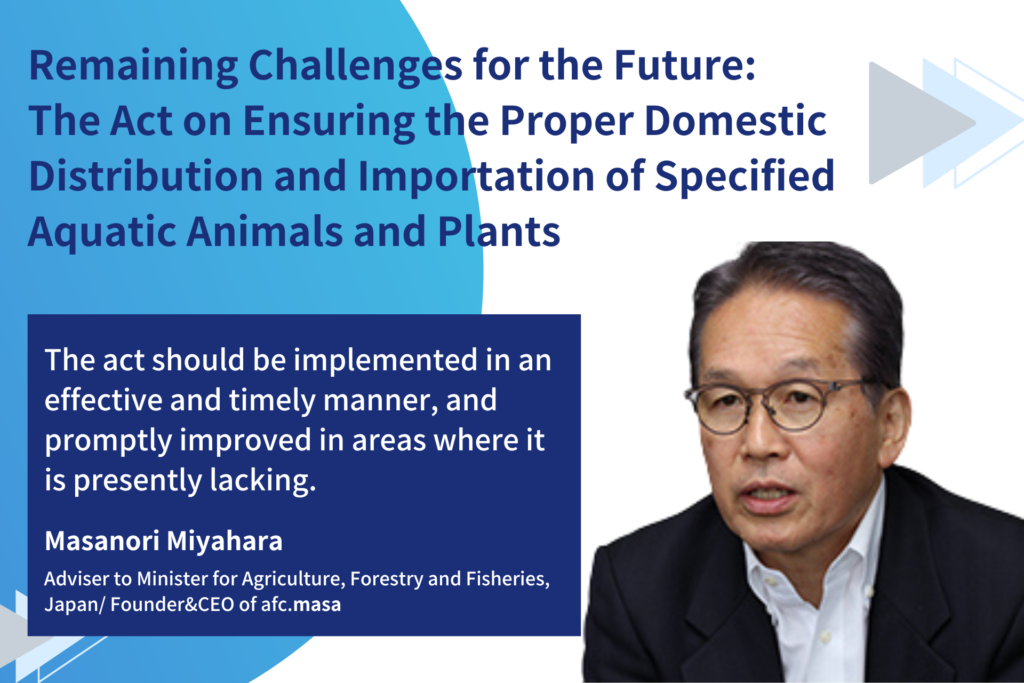
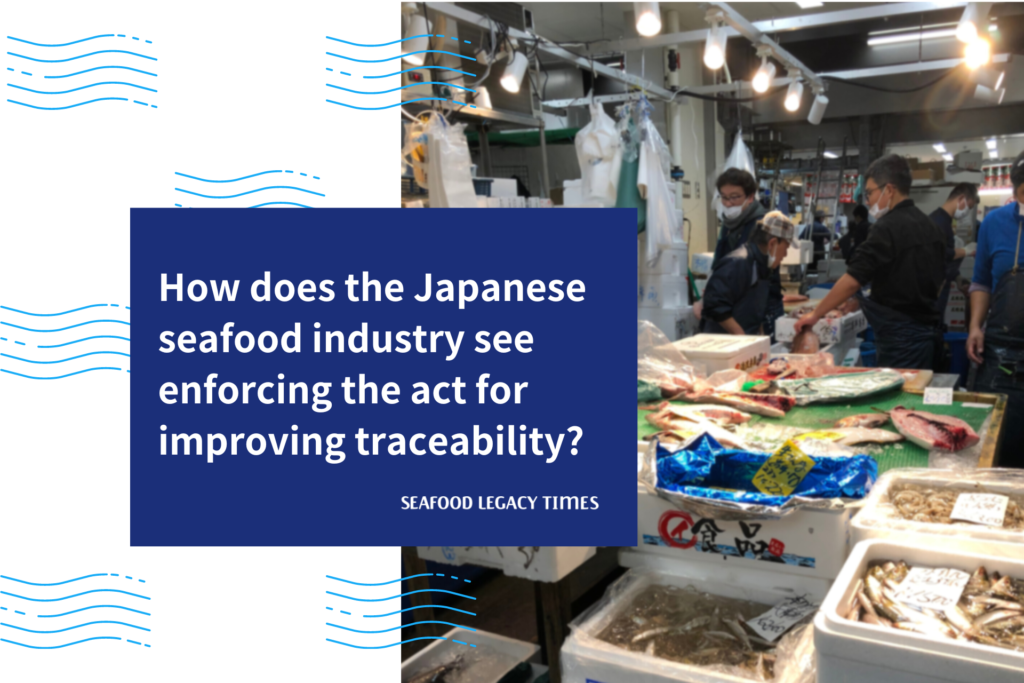



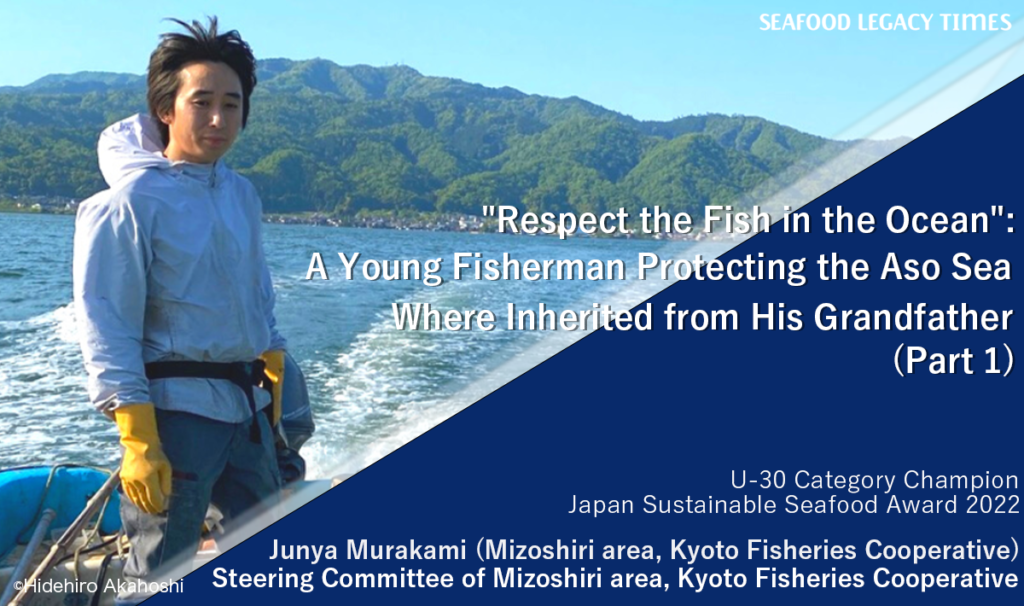
.2-1024x606.png)
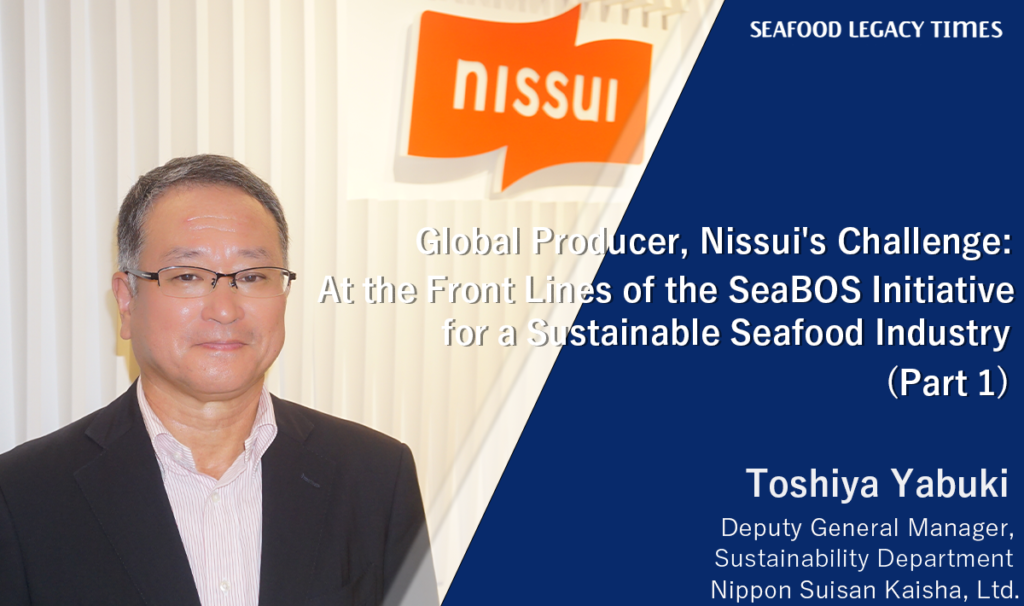
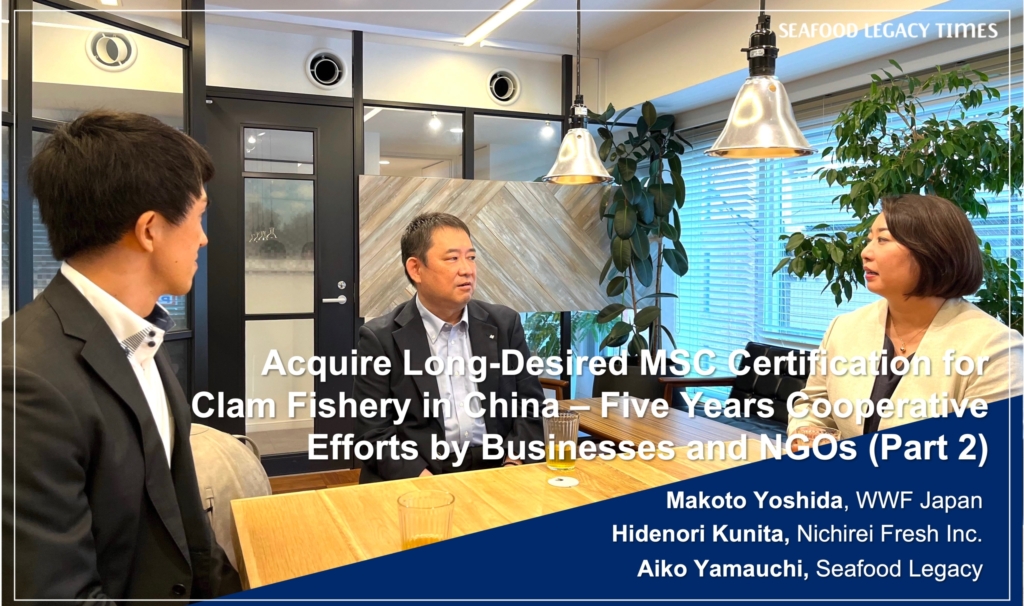
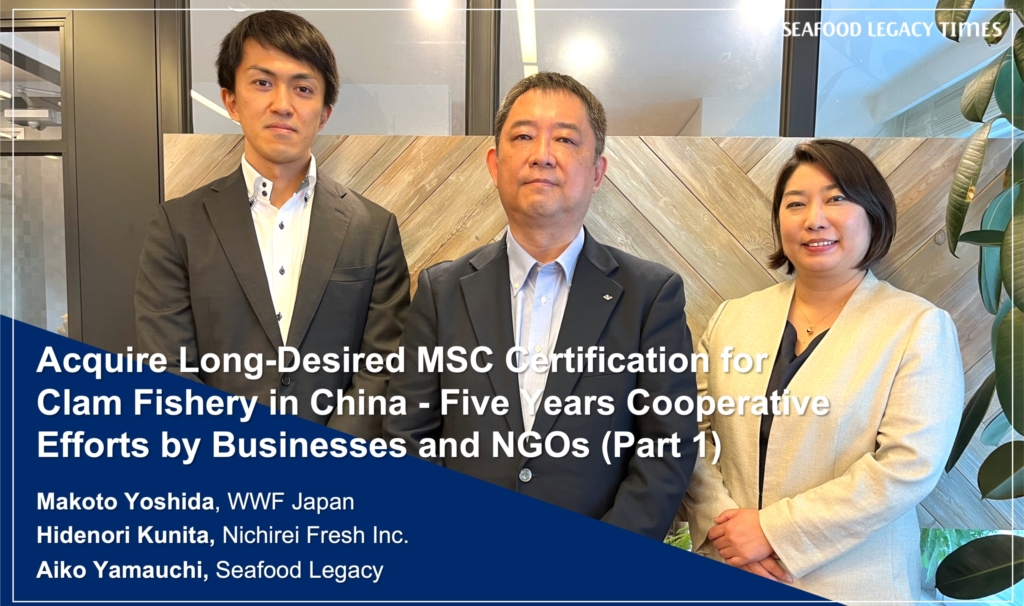






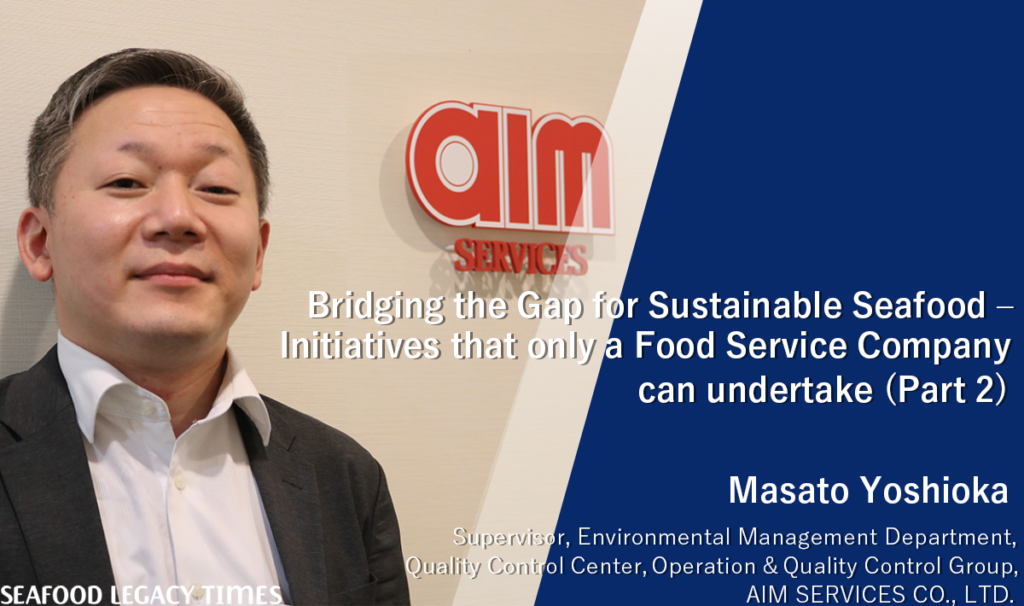
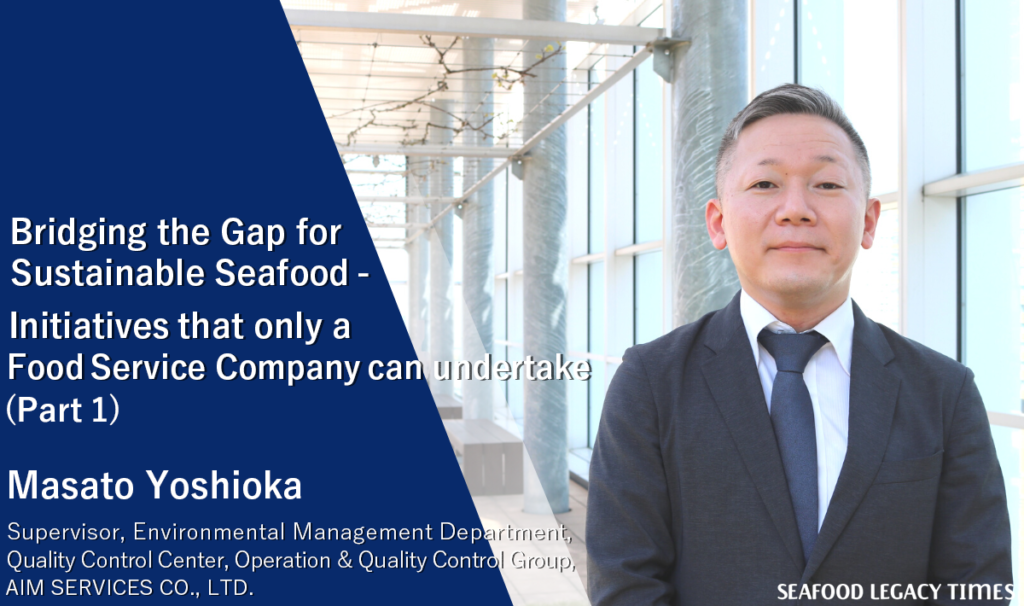
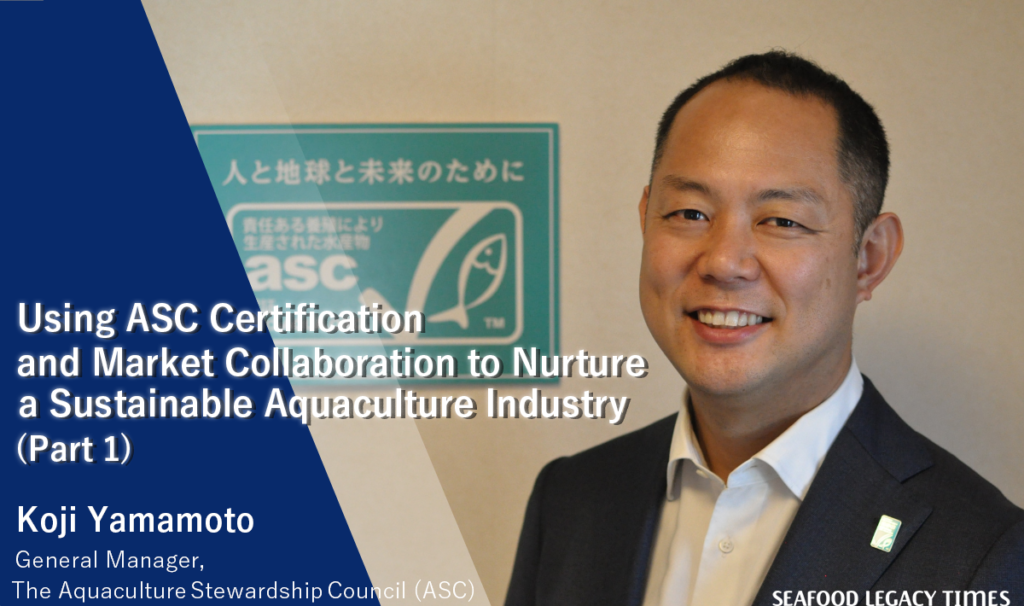
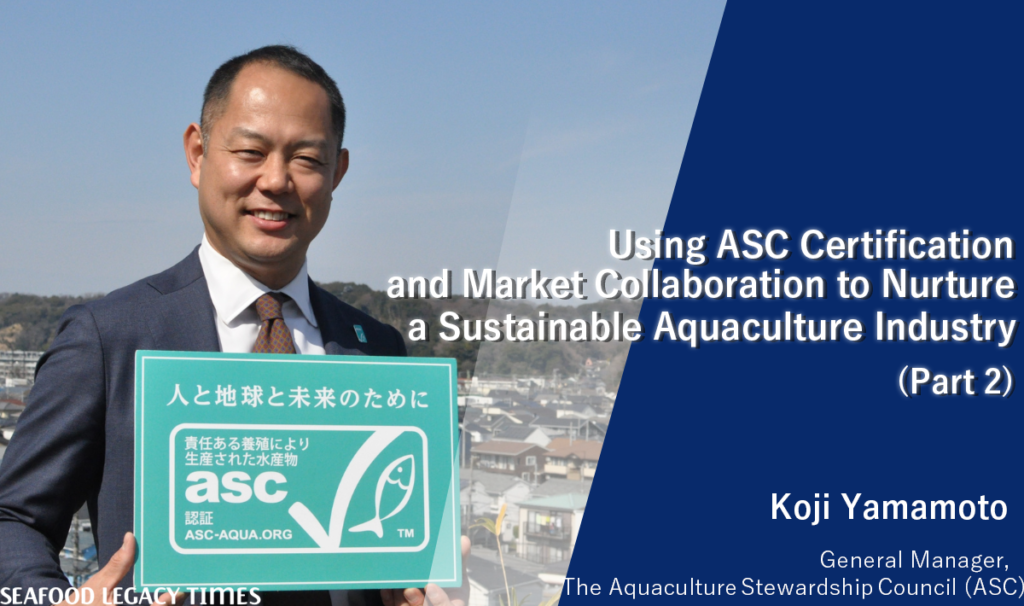
2-1024x606.png)
-1-1024x606.png)
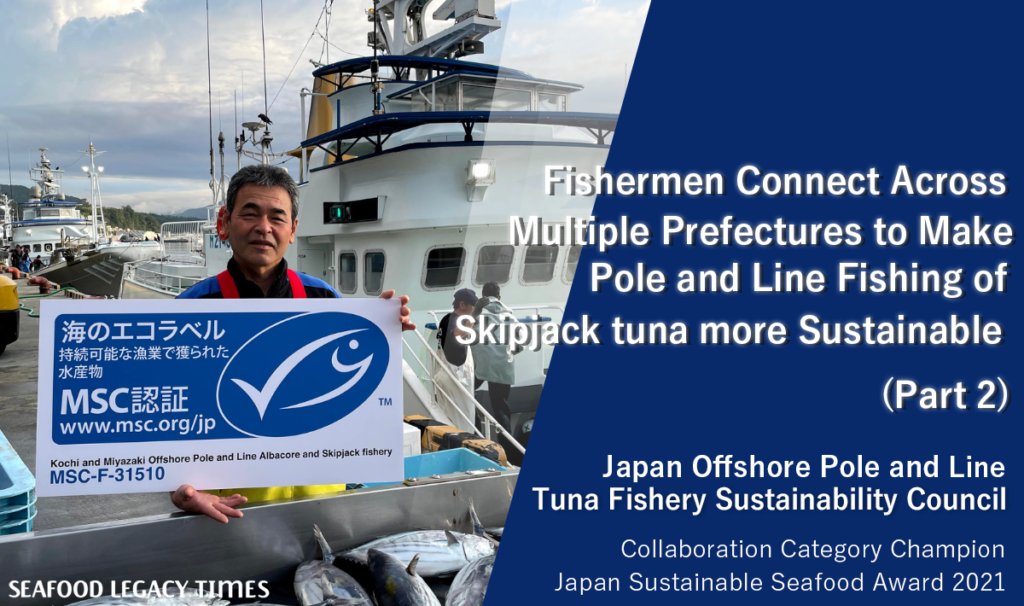
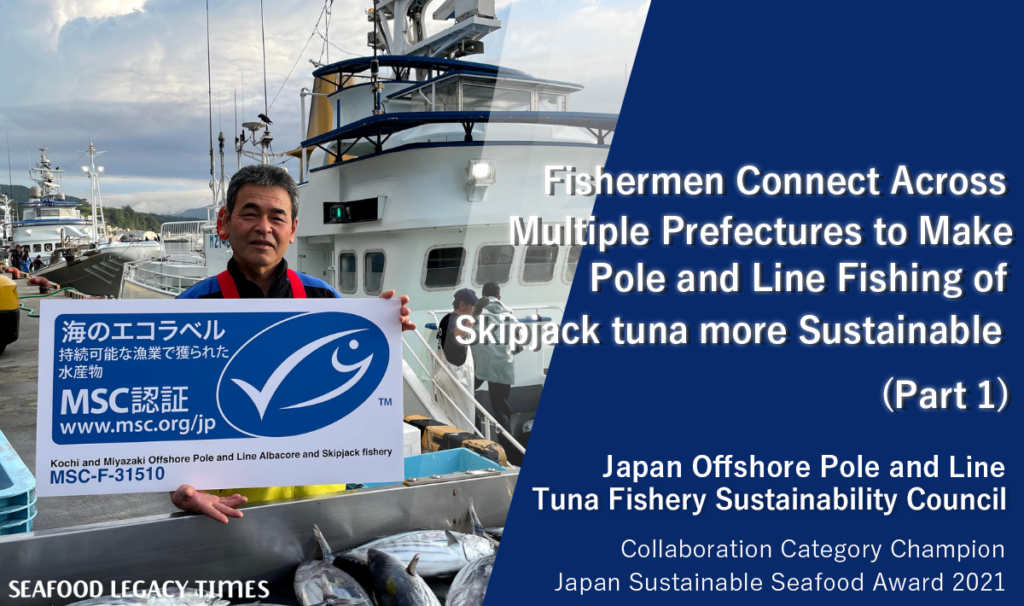
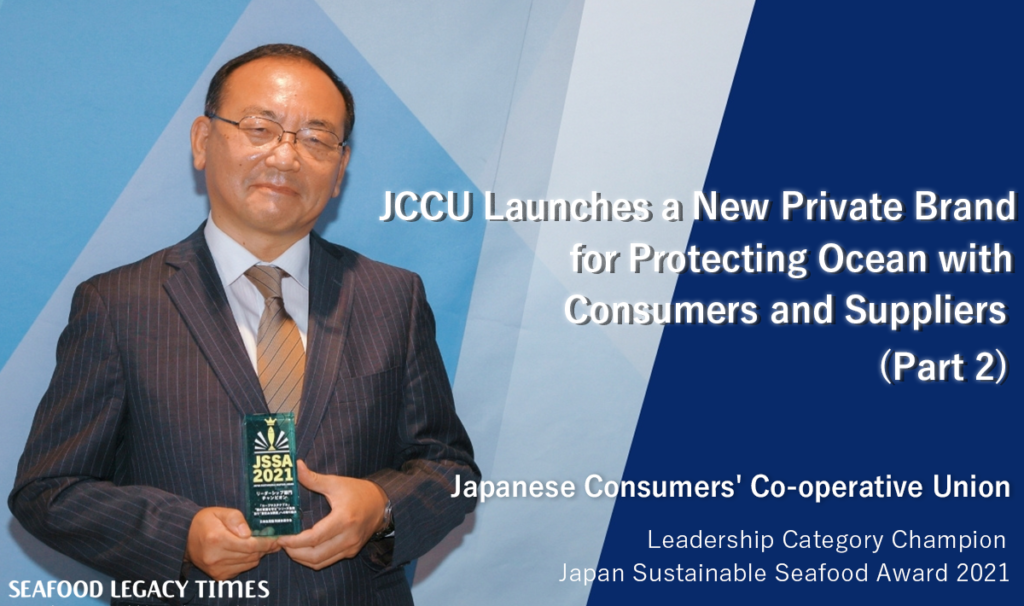
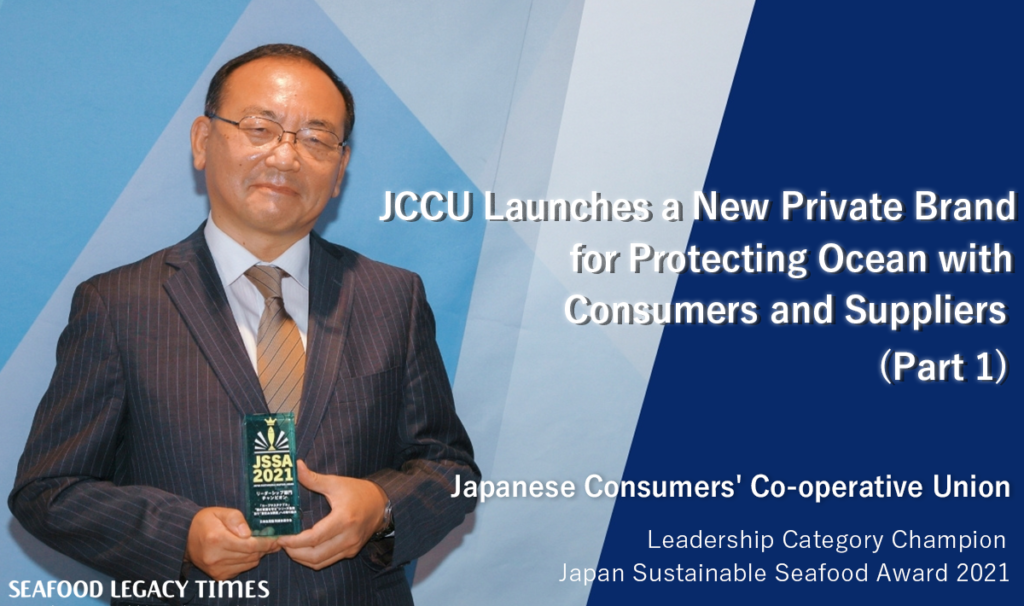
Part2-1024x606.png)
Part1-1024x606.png)
